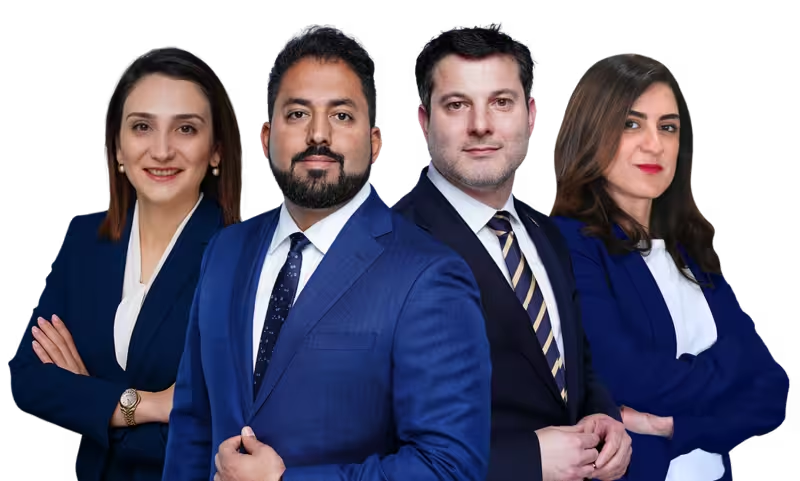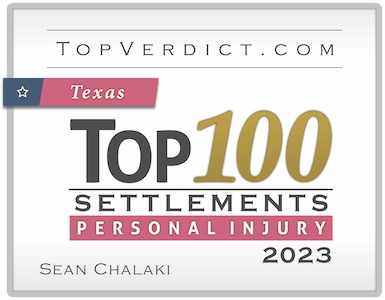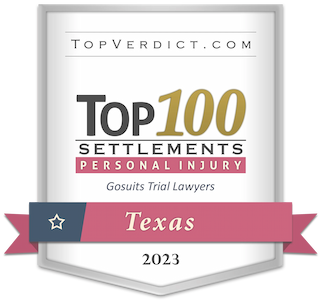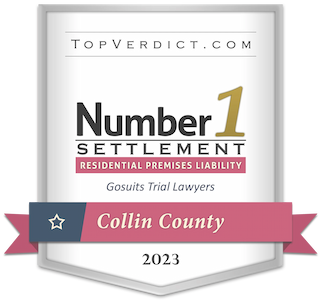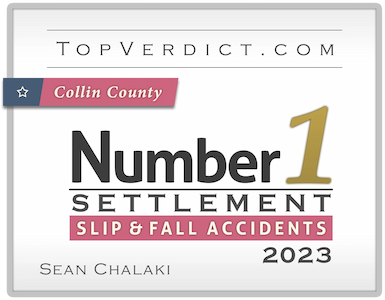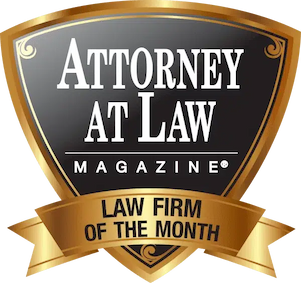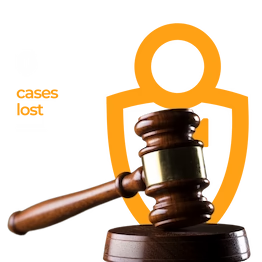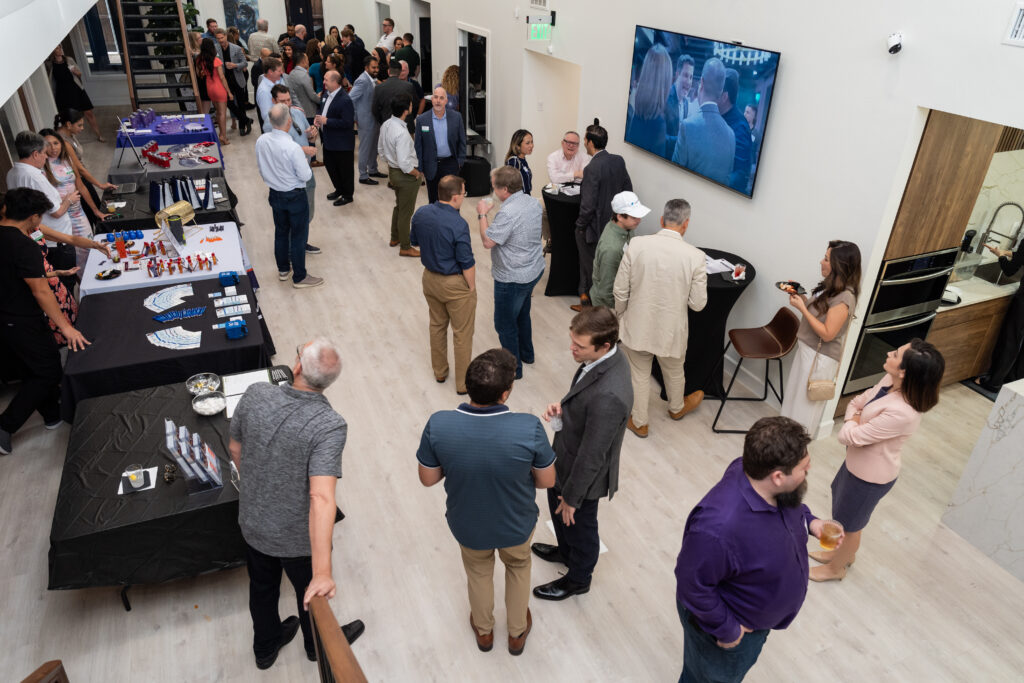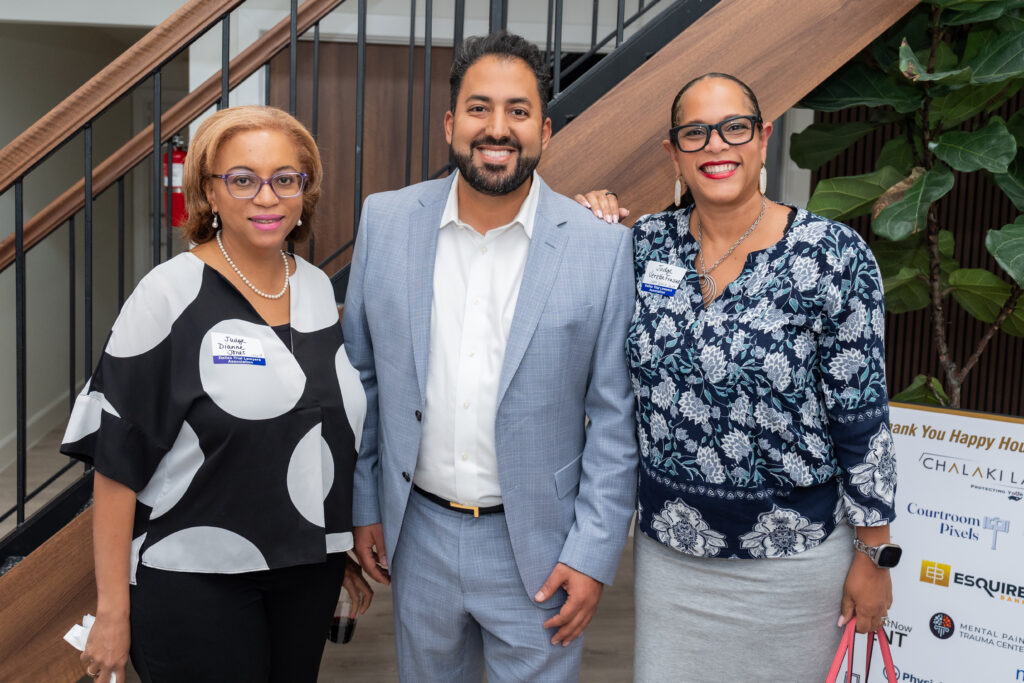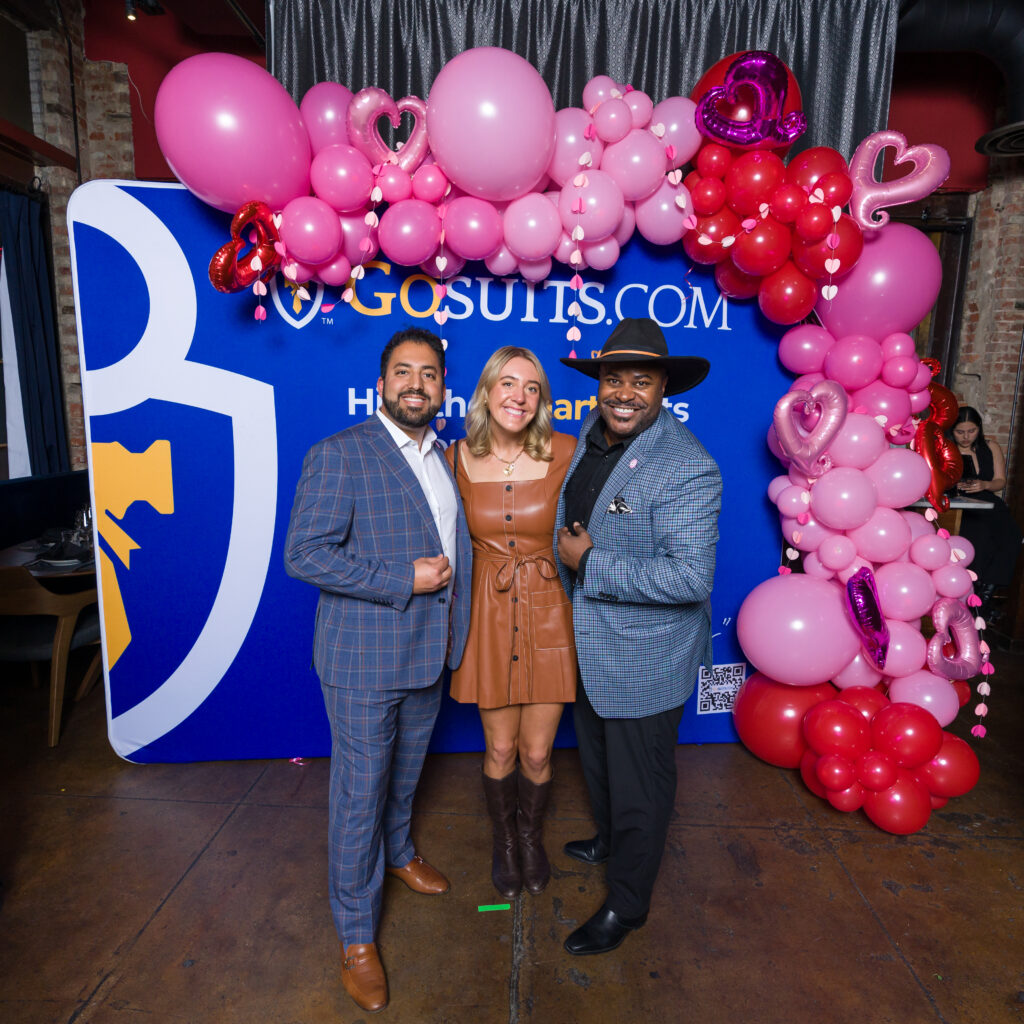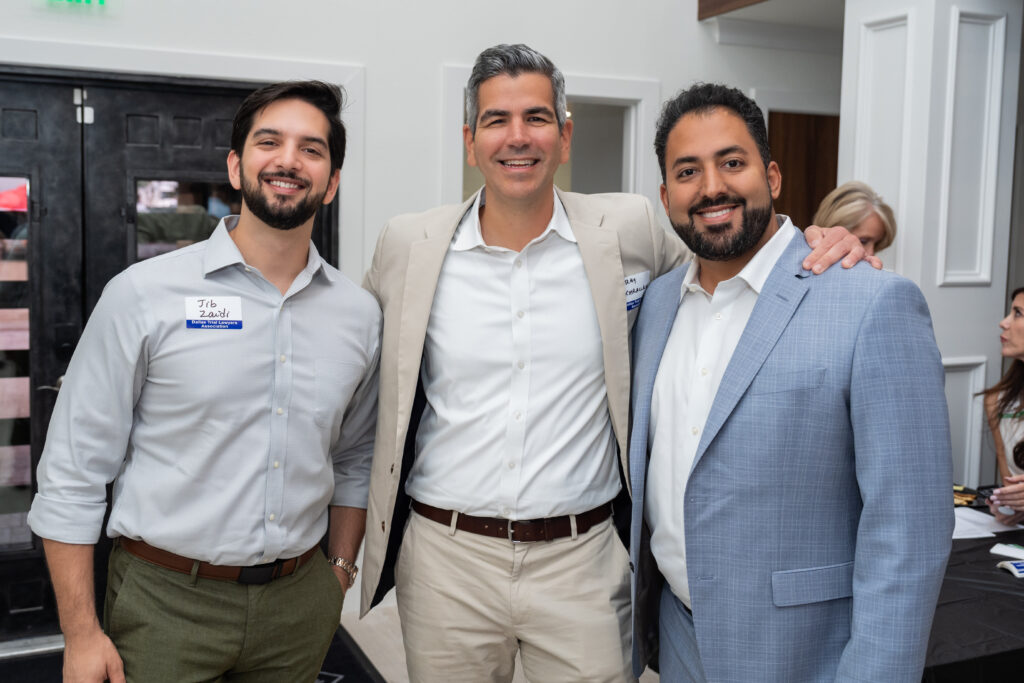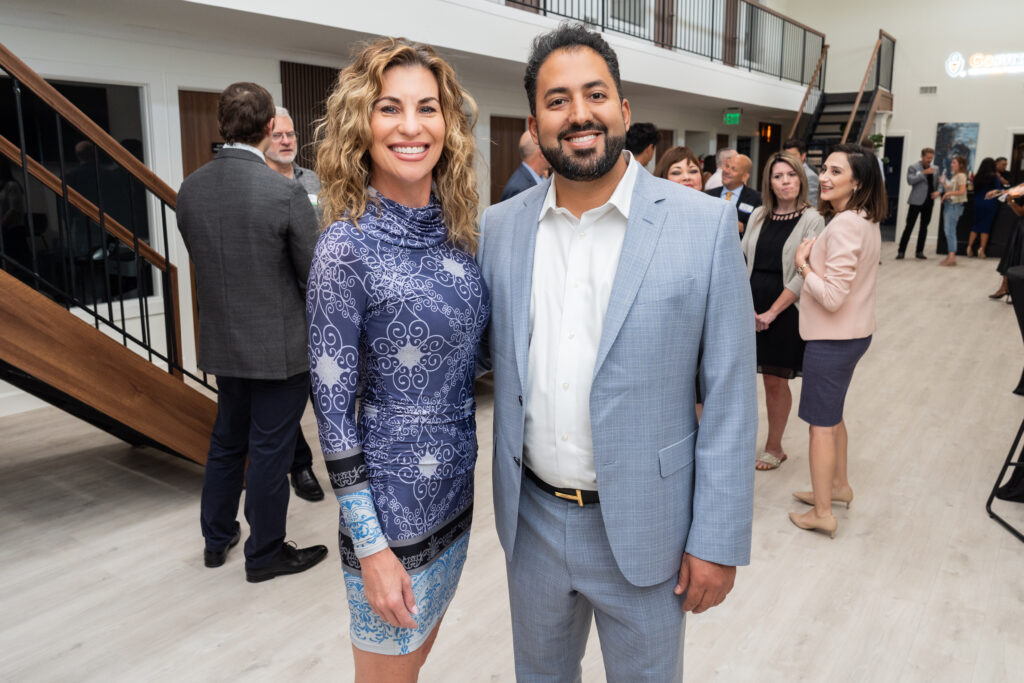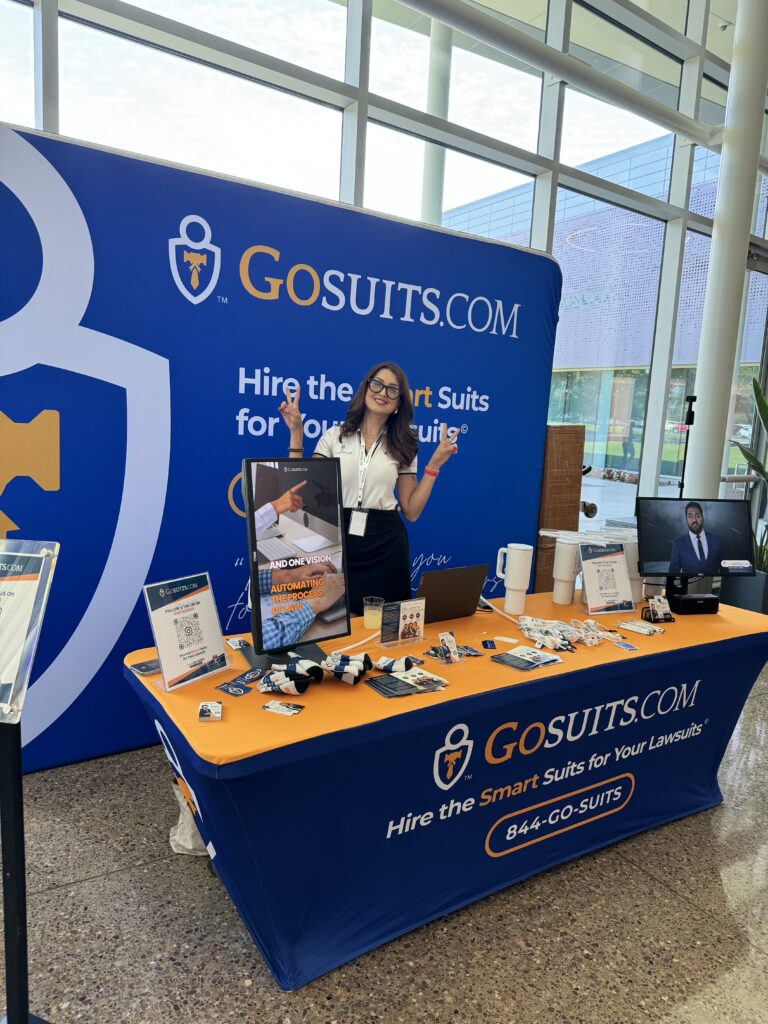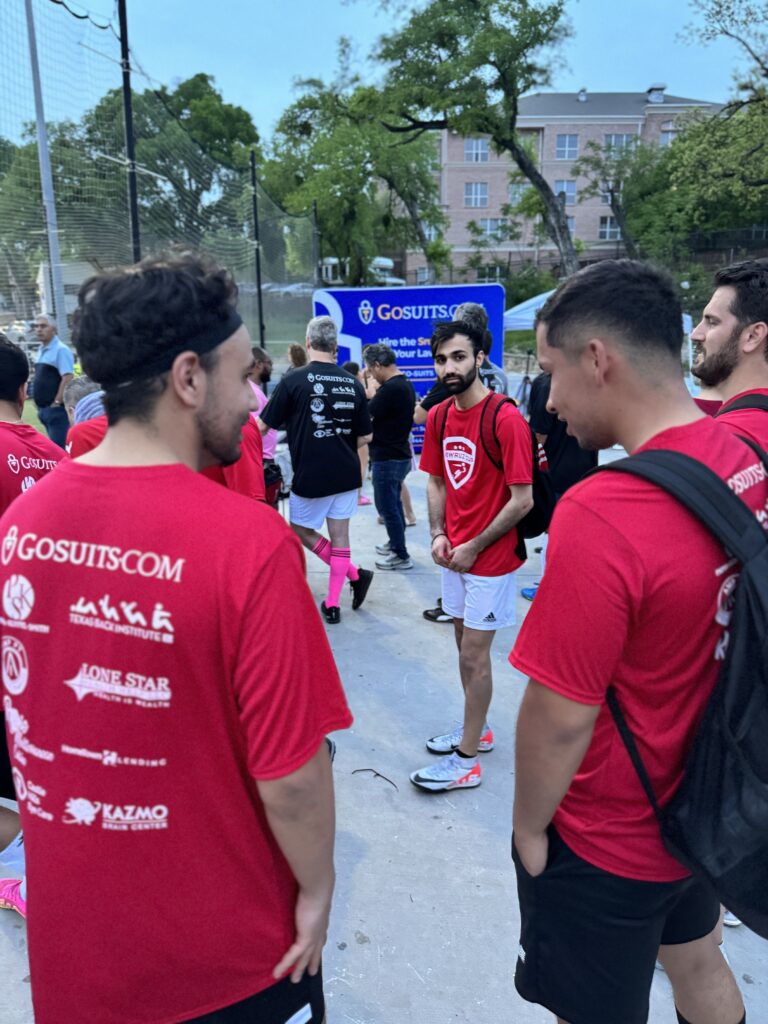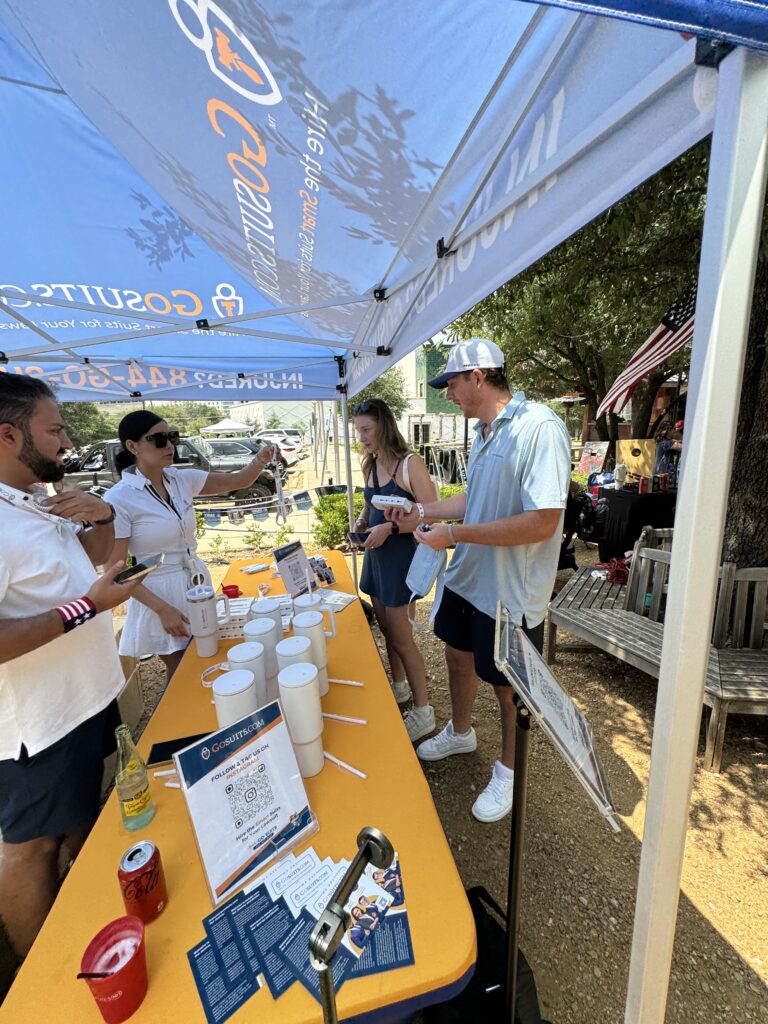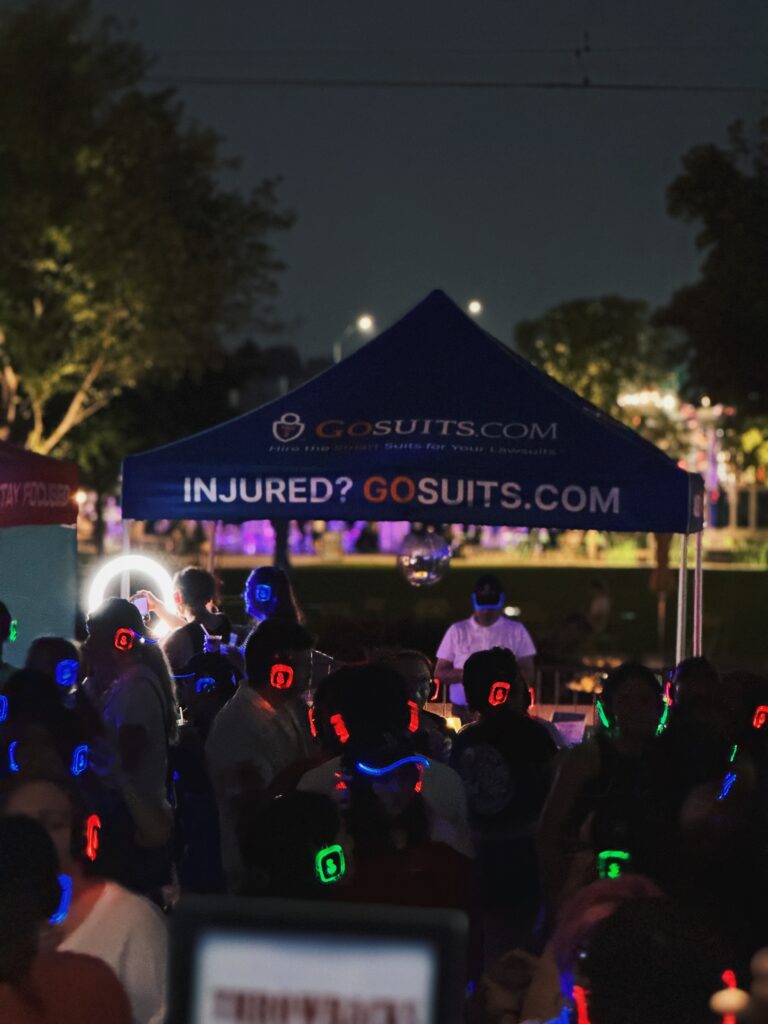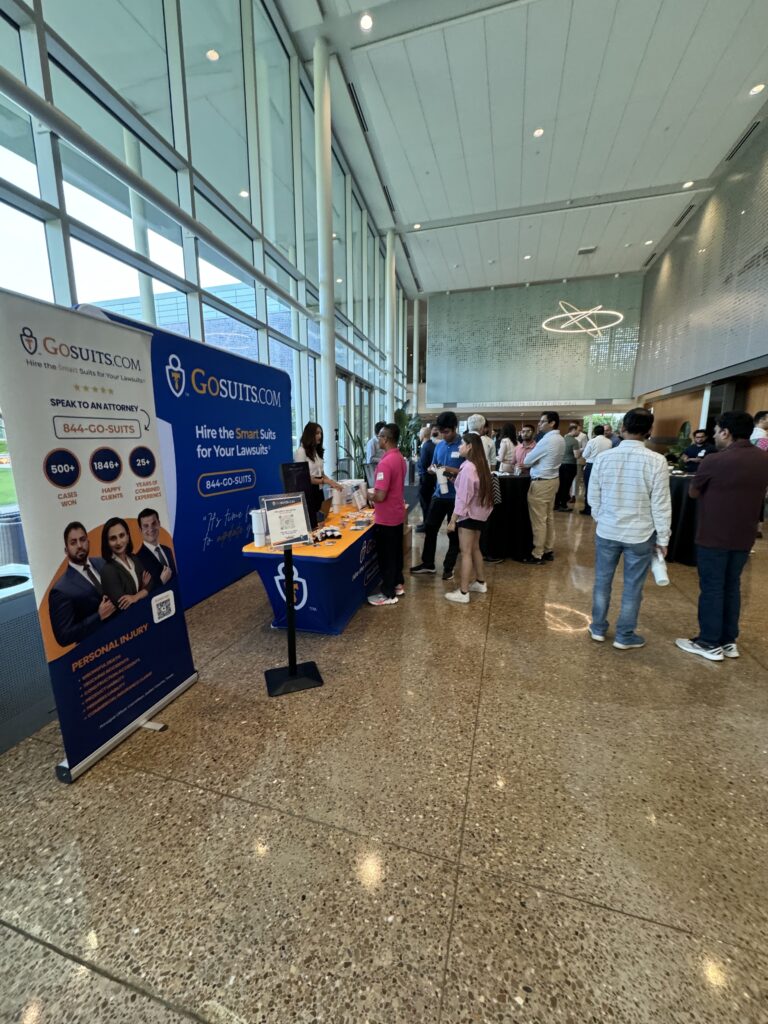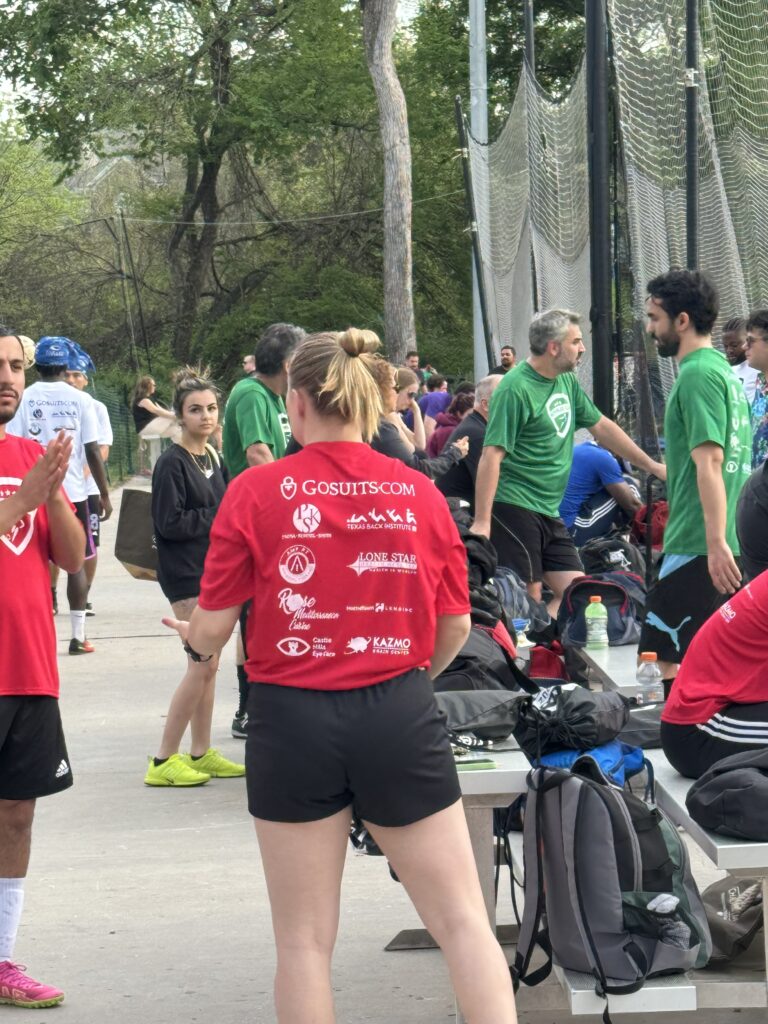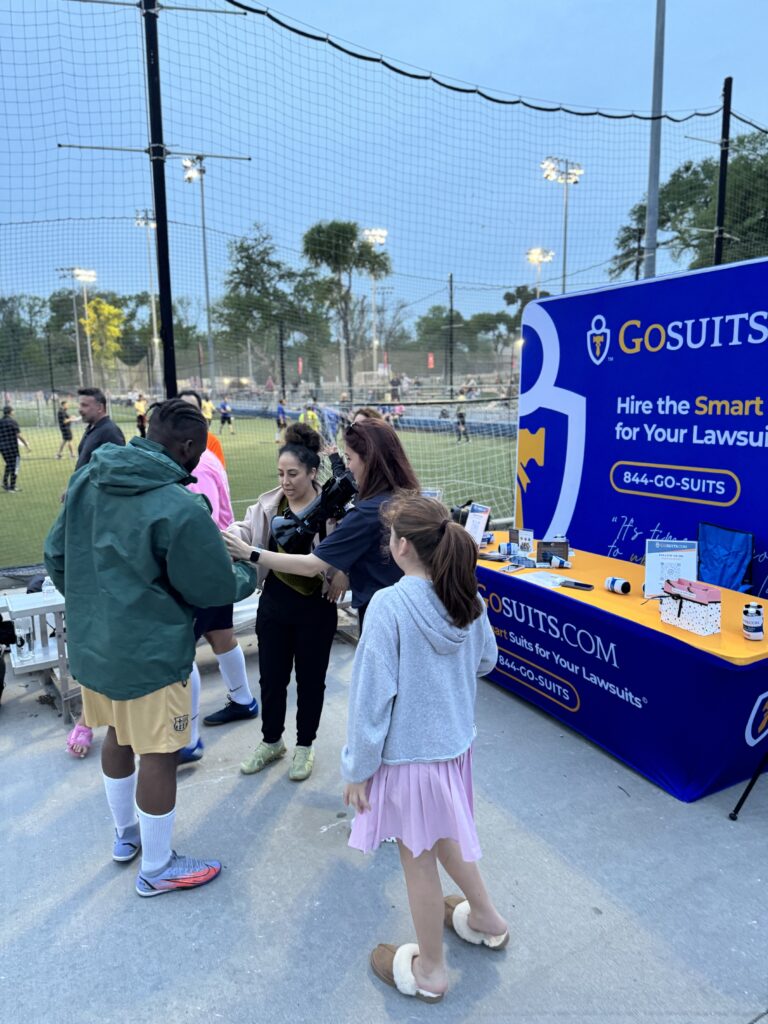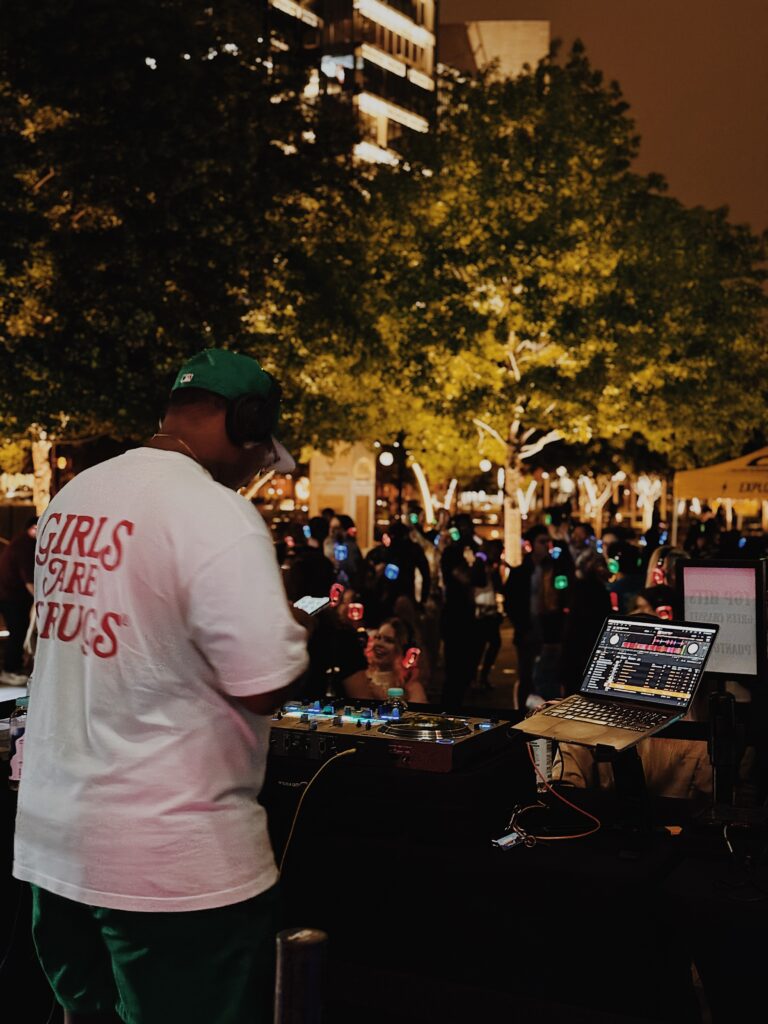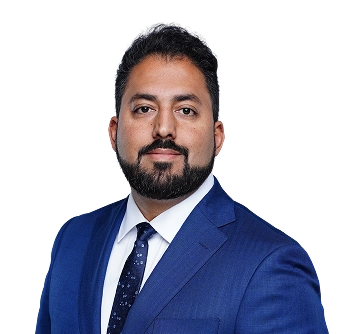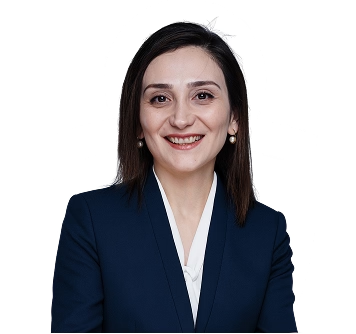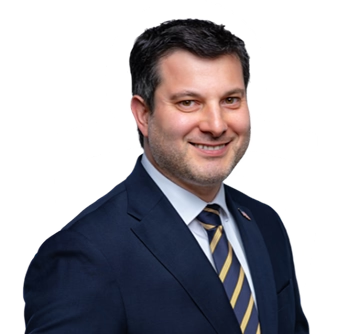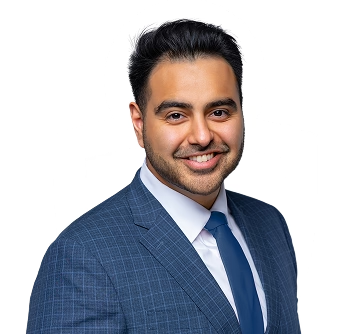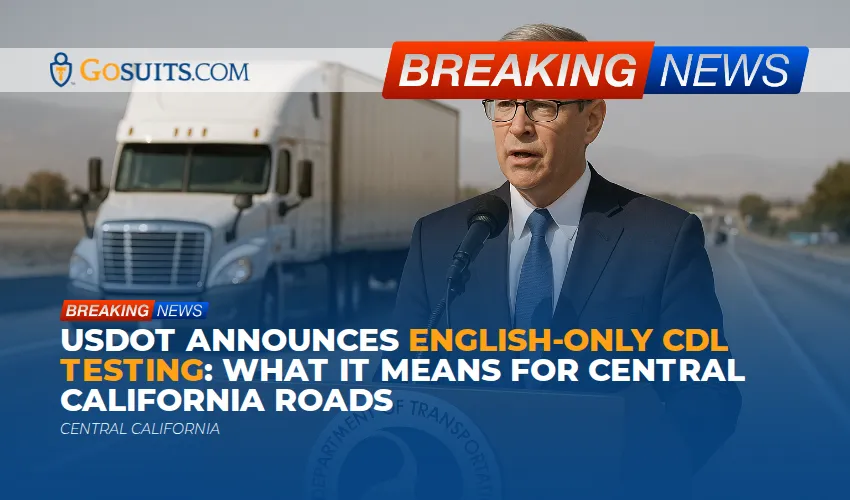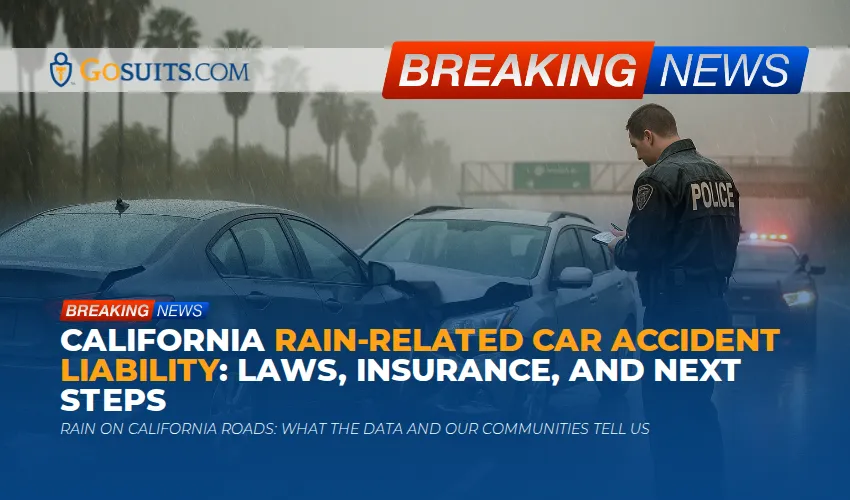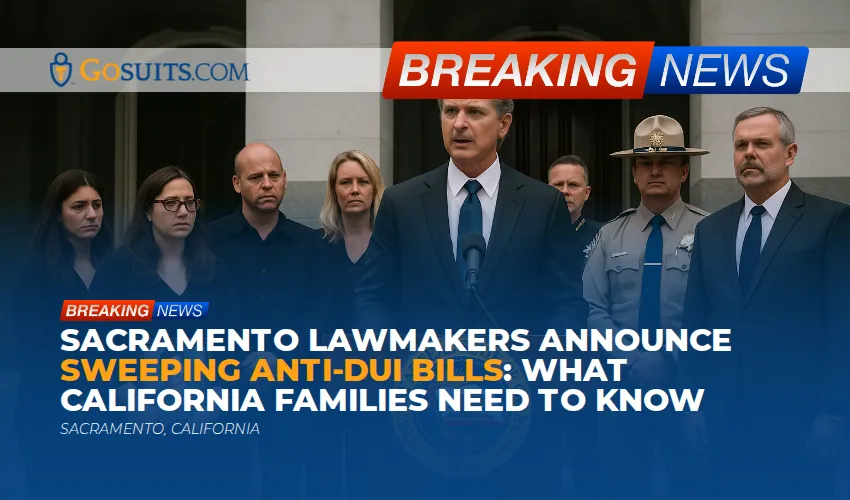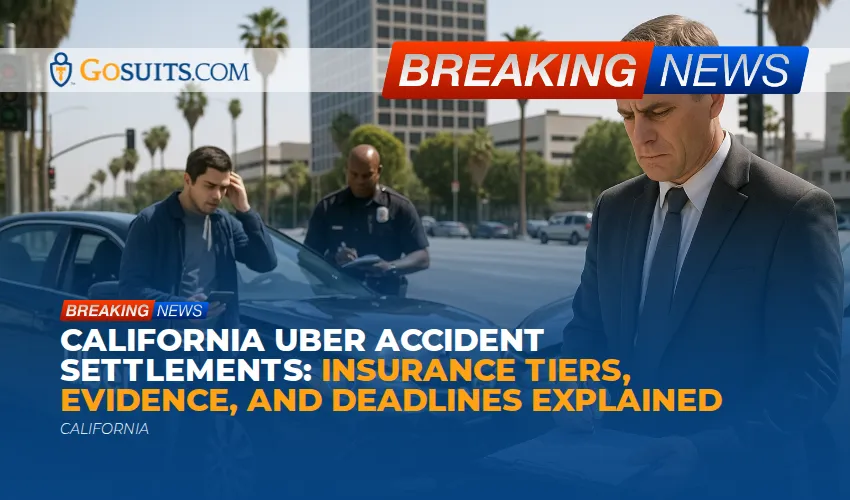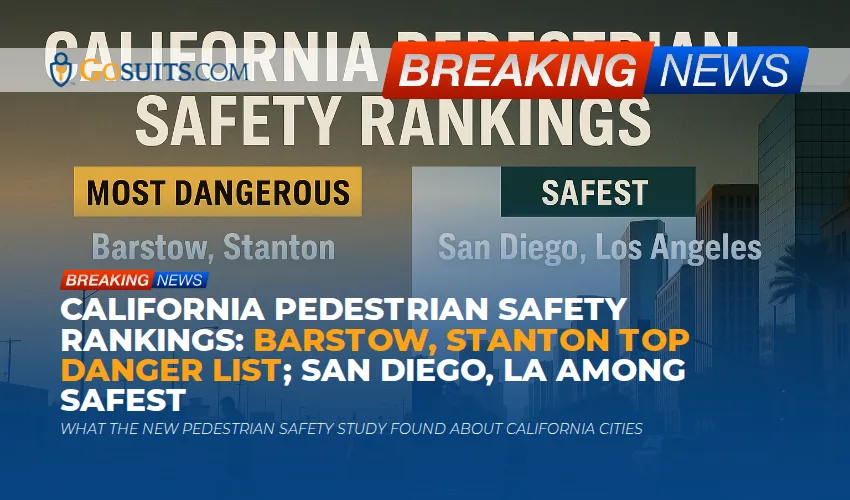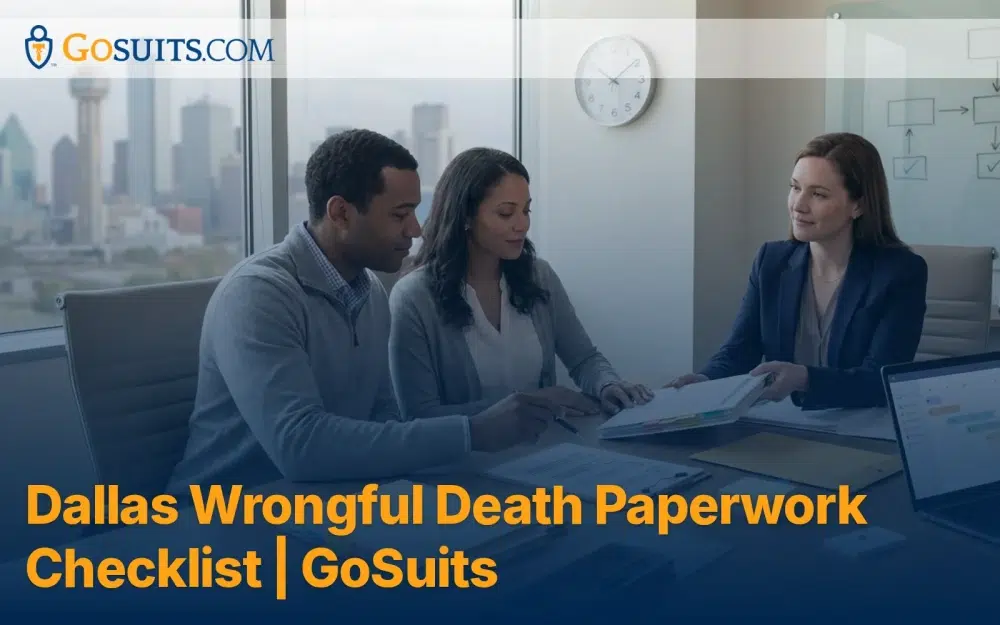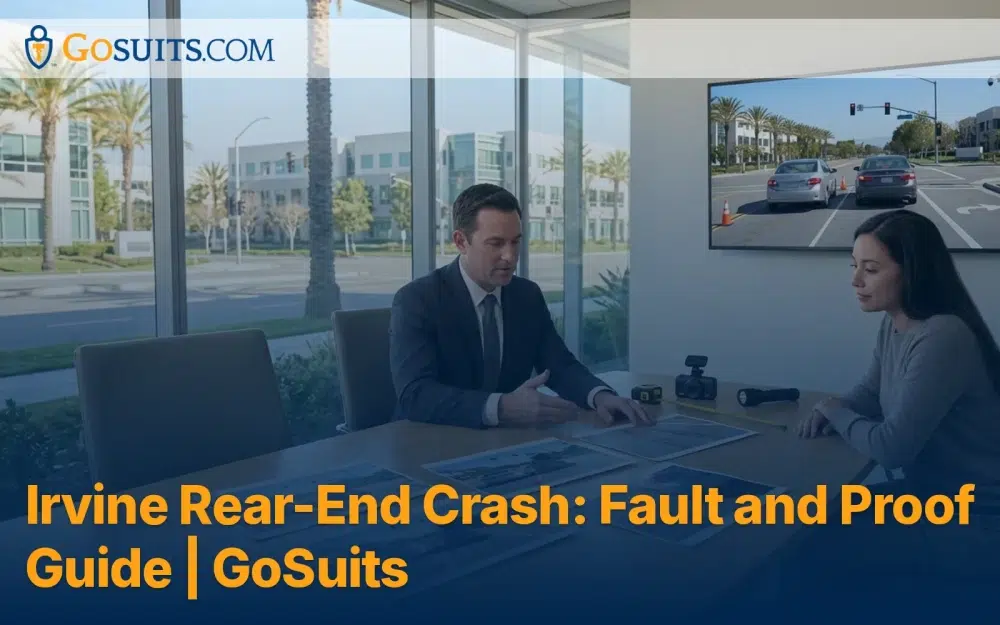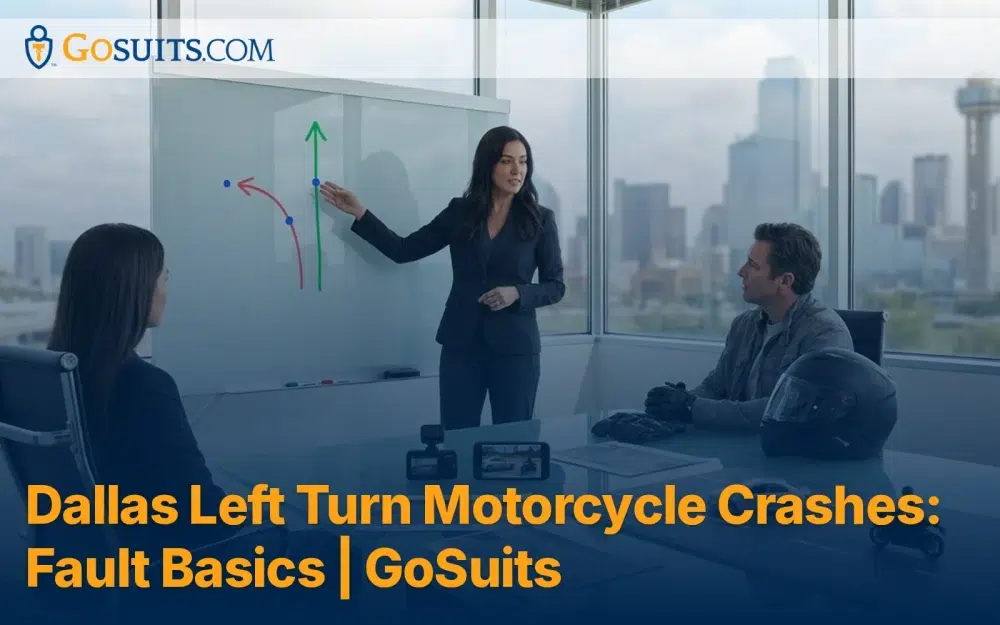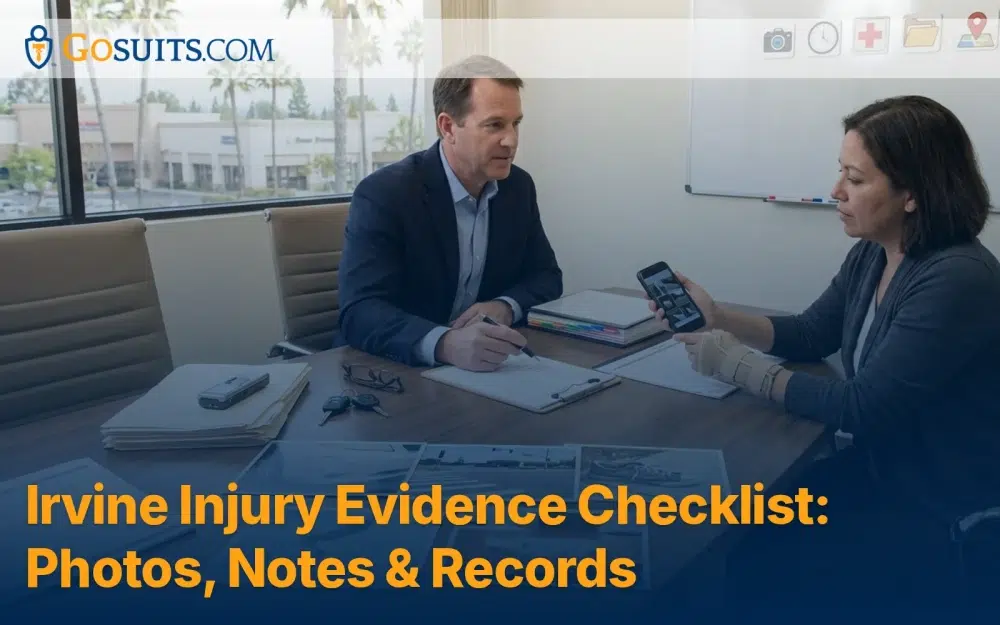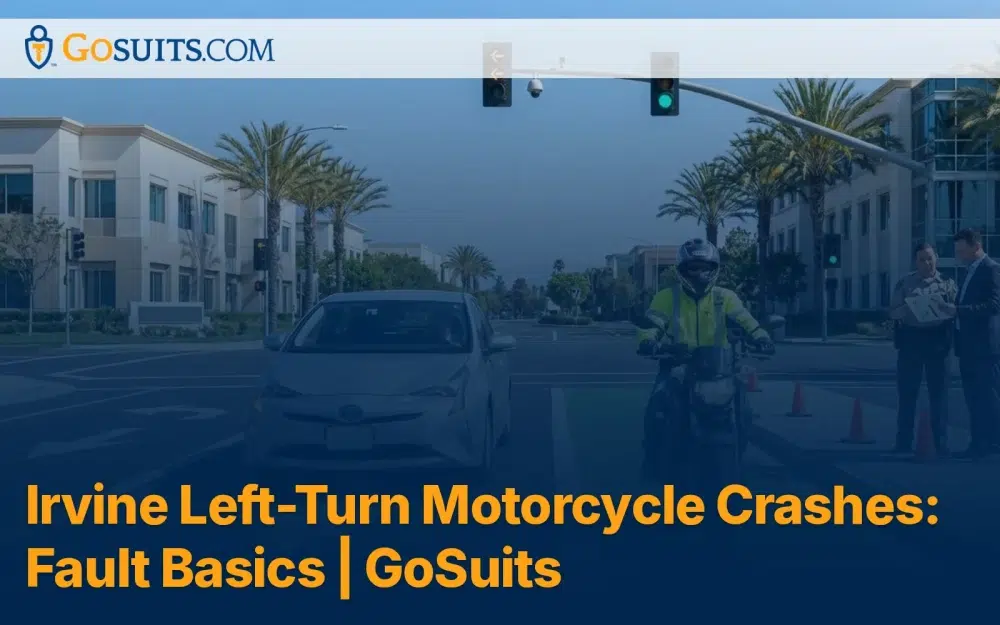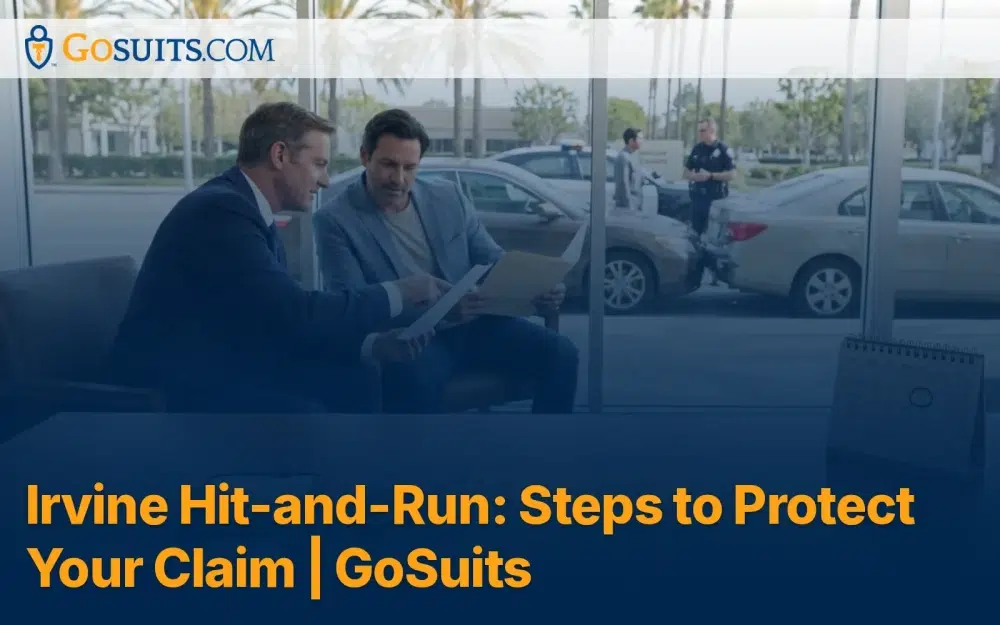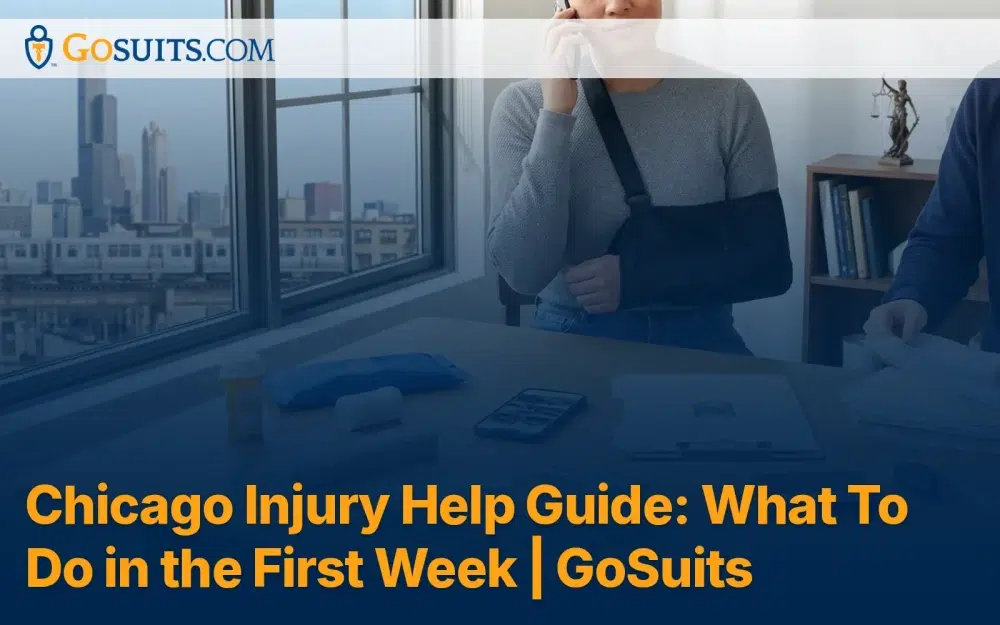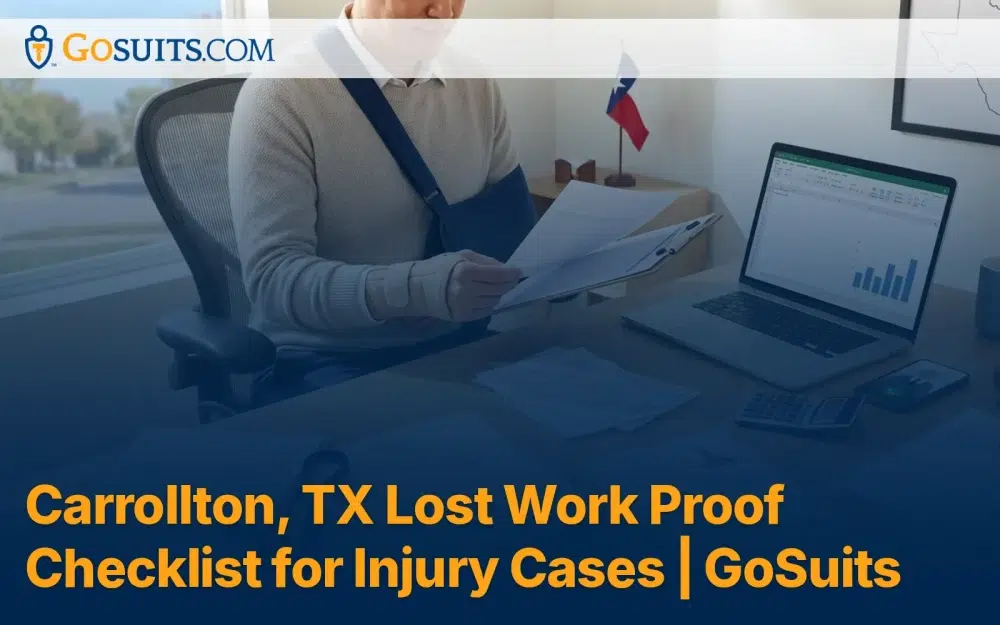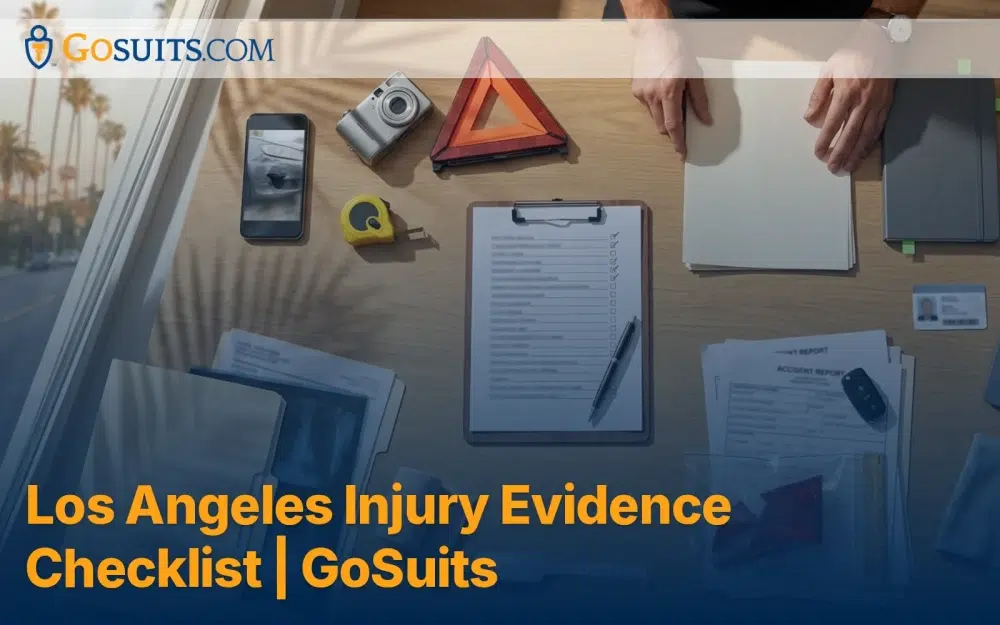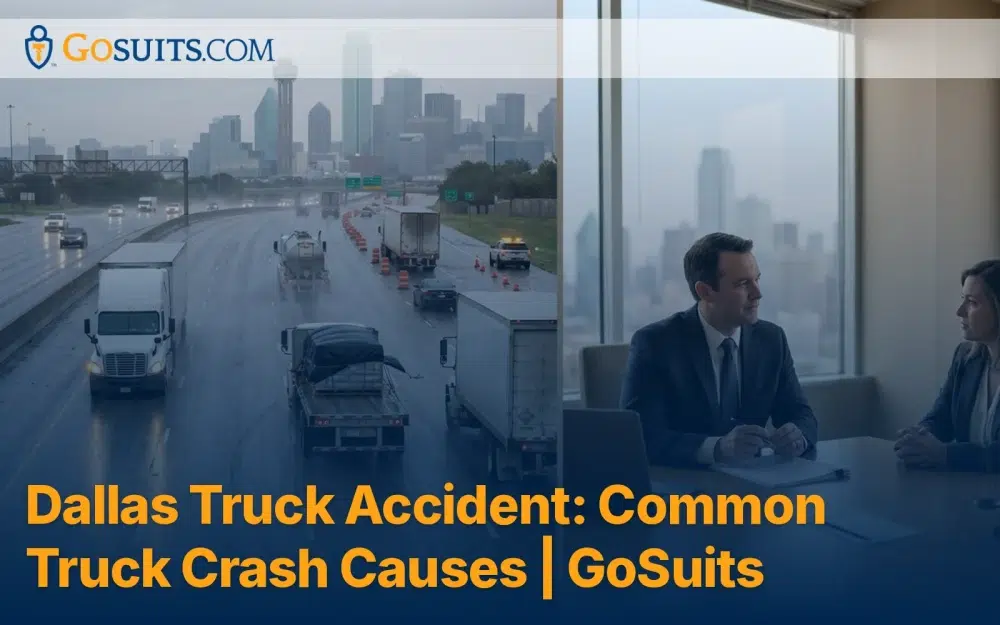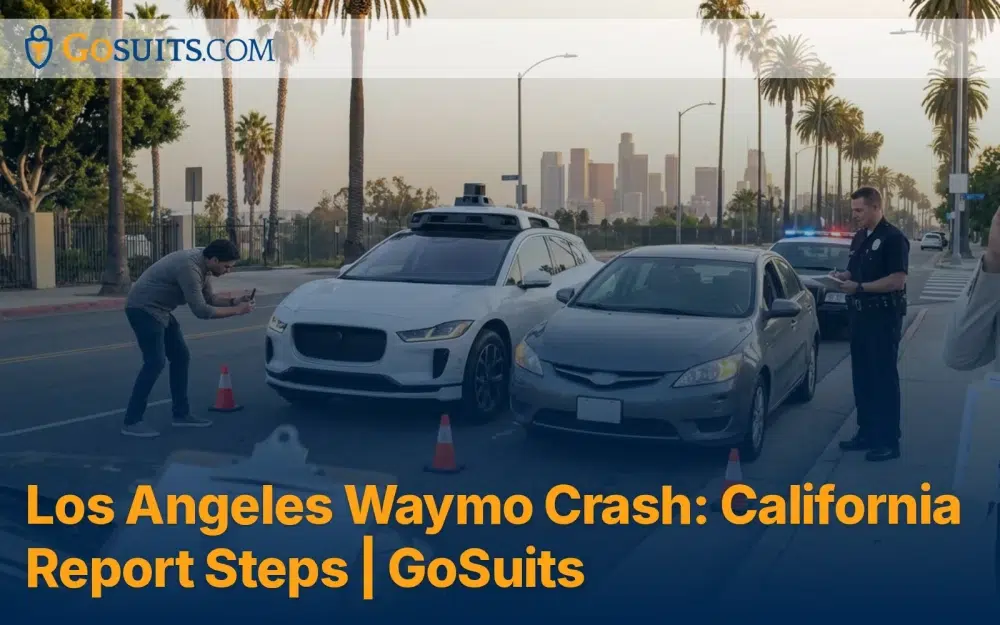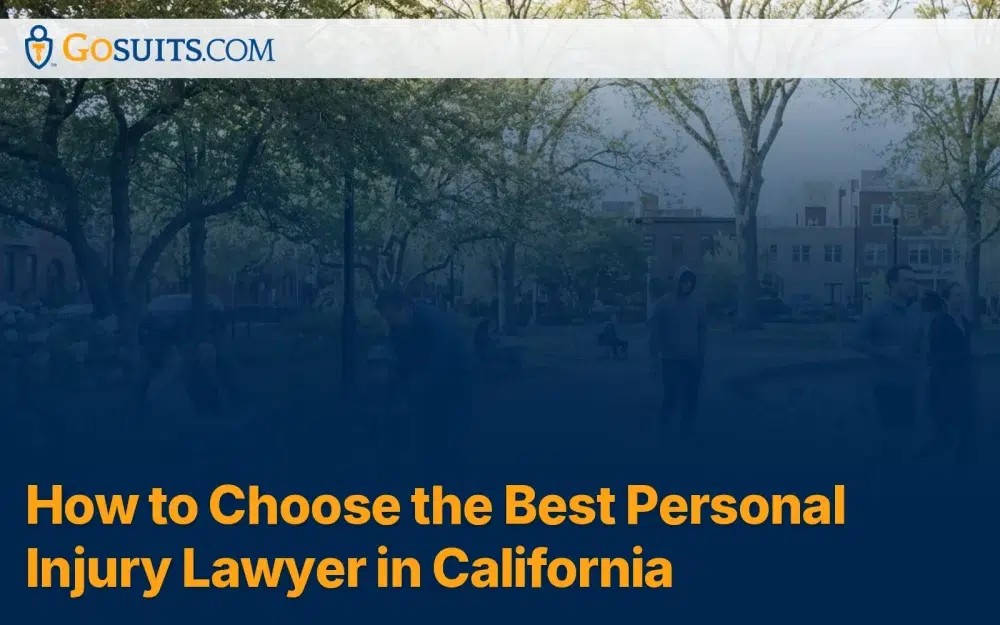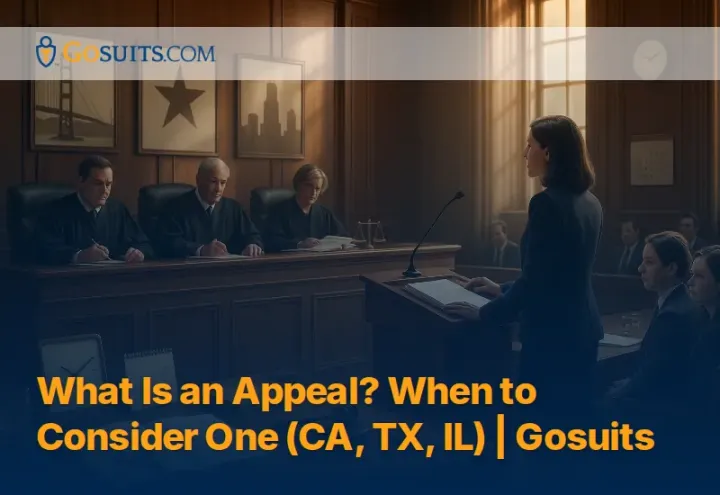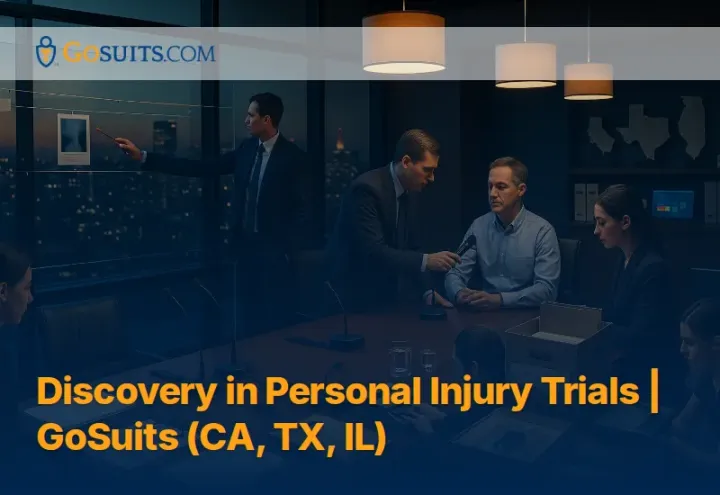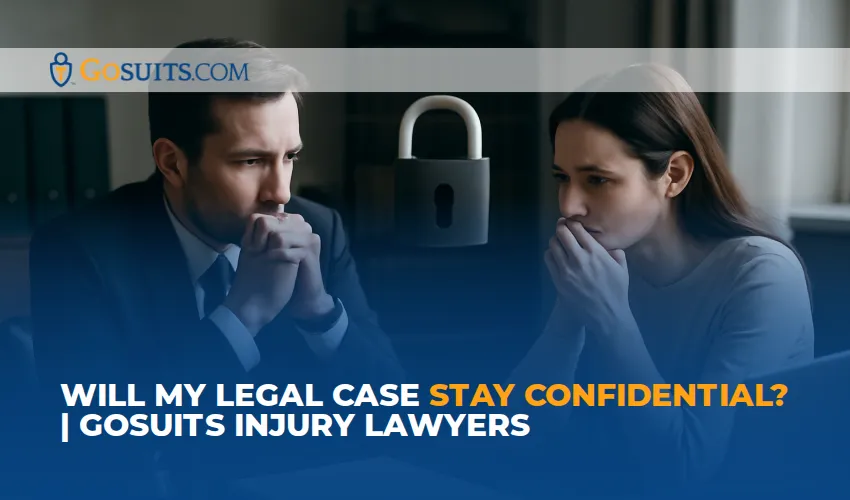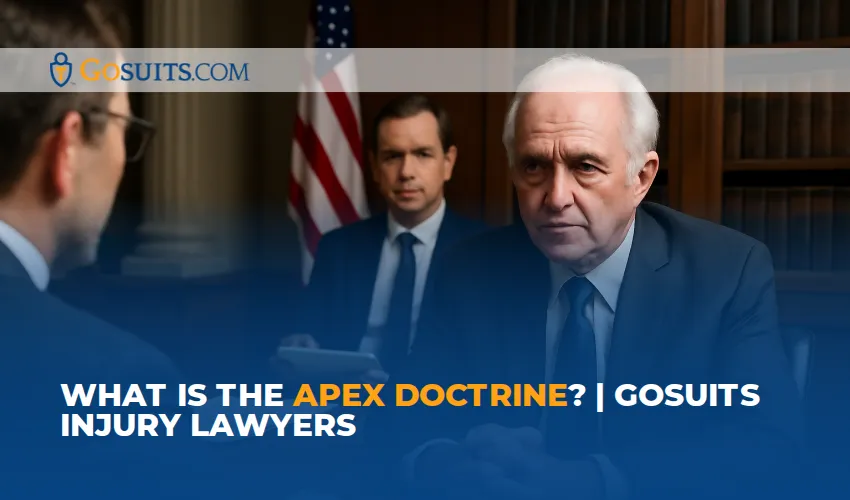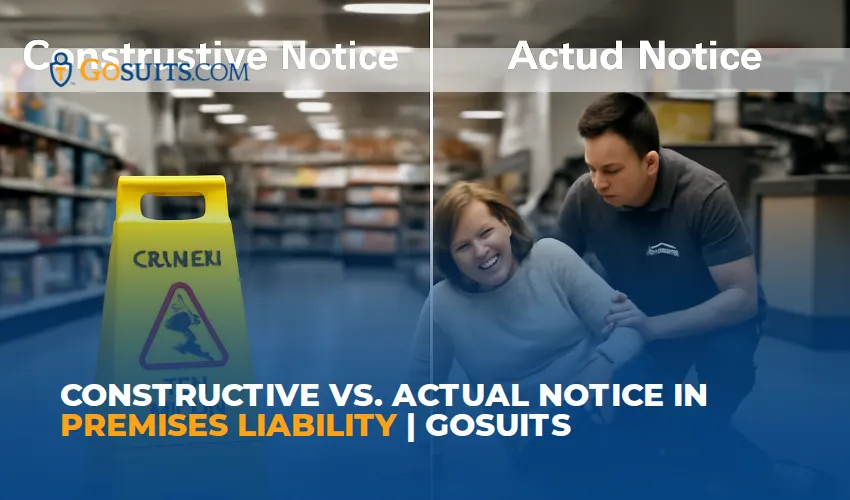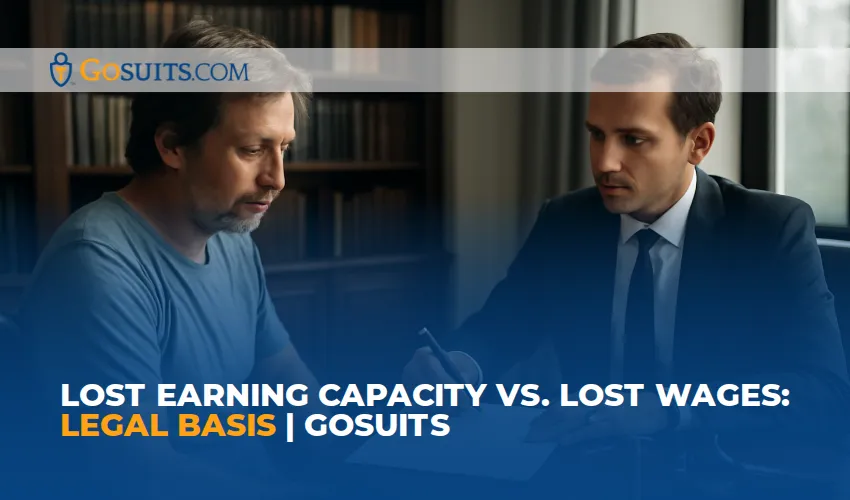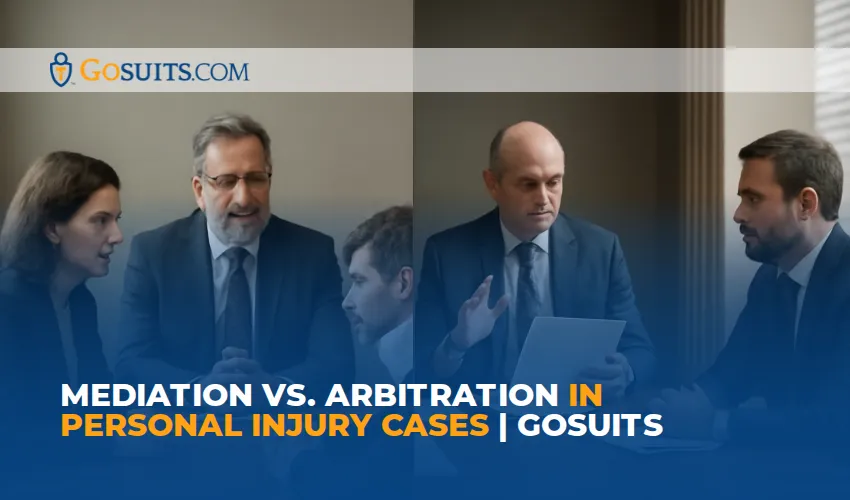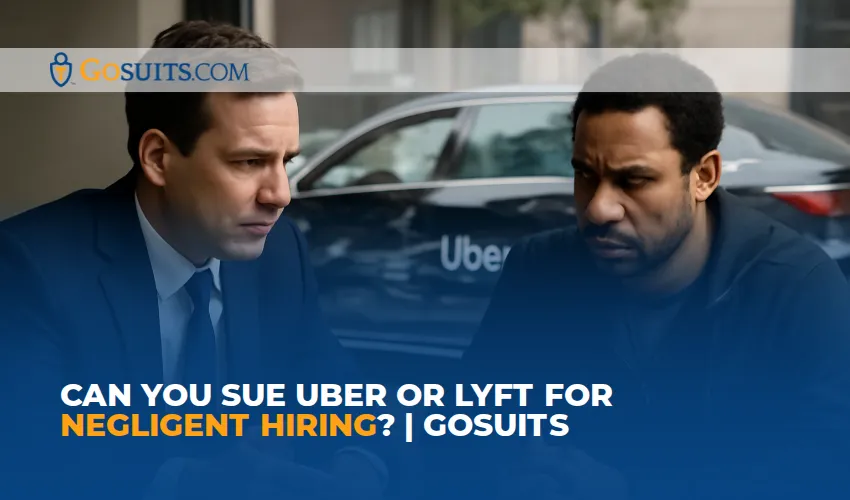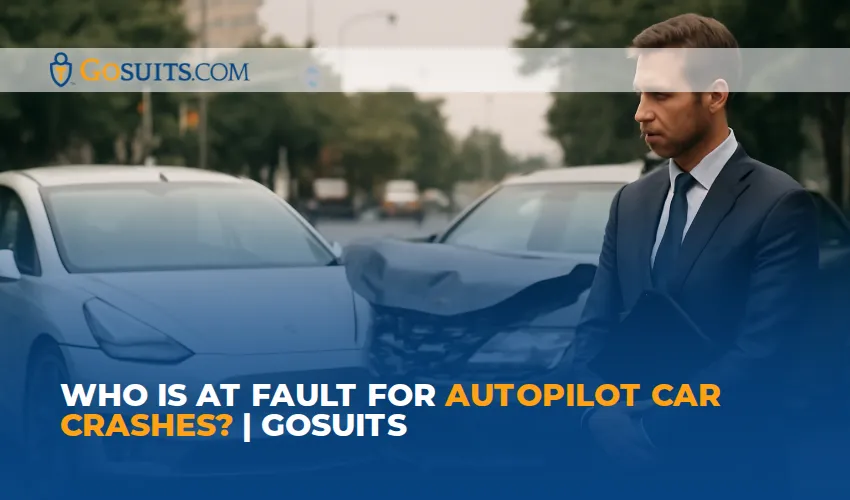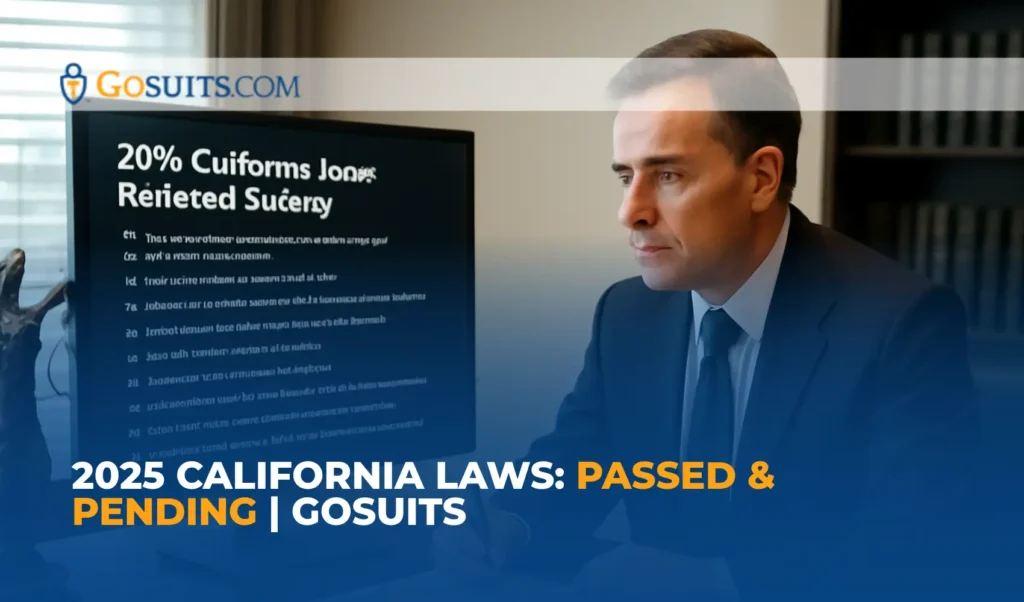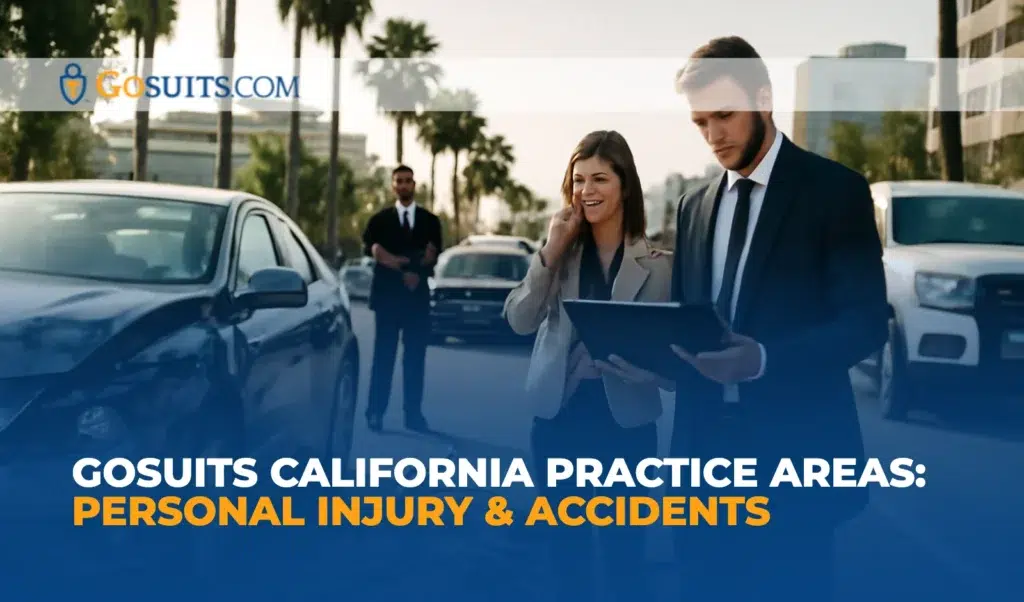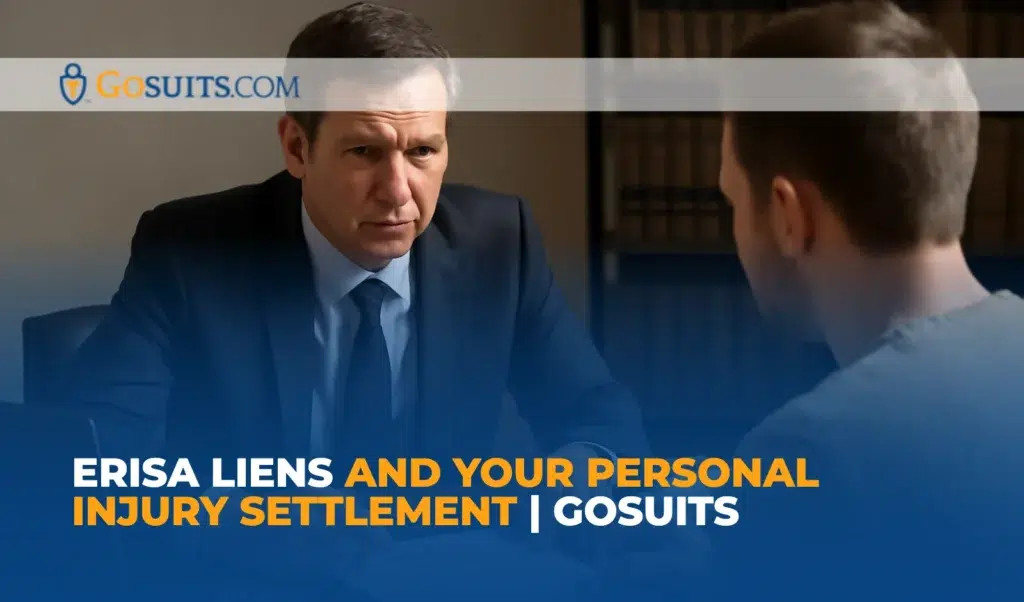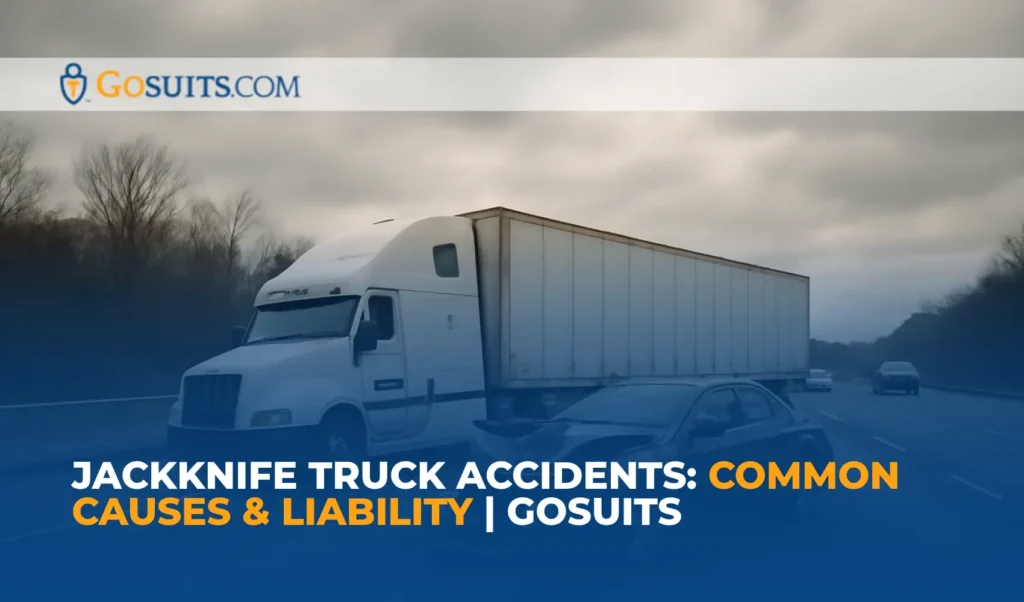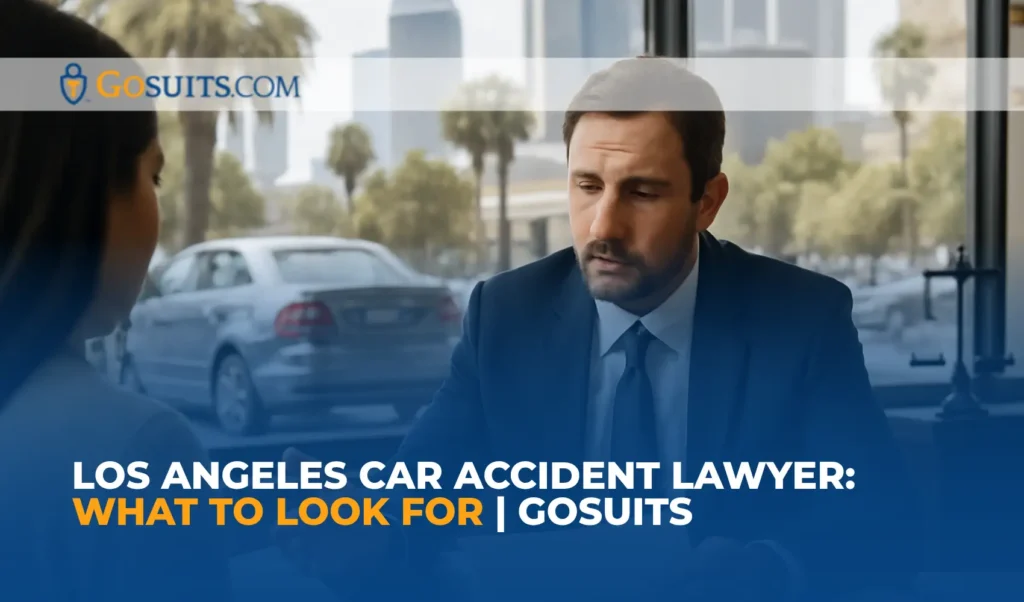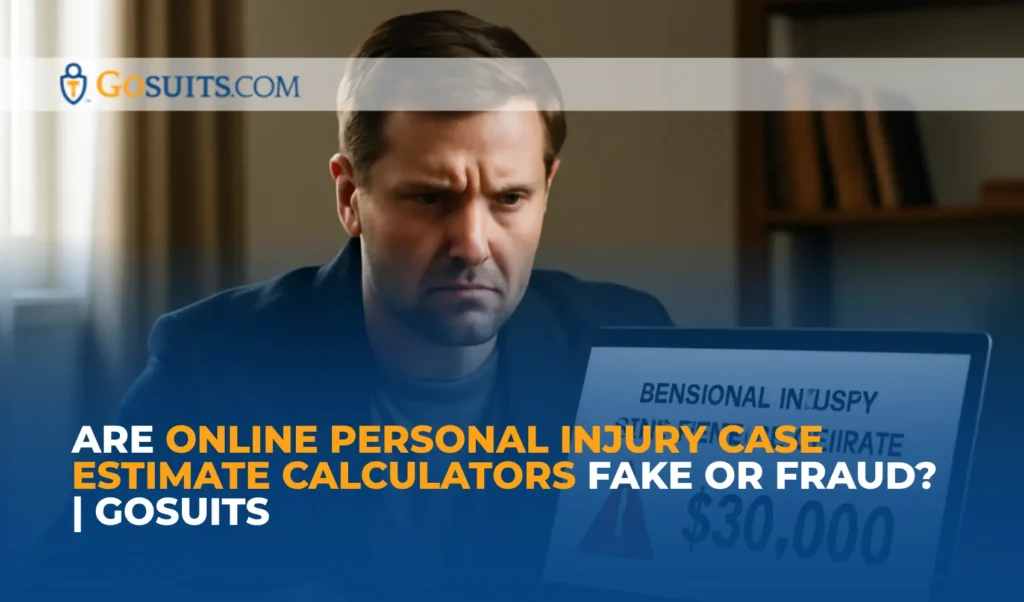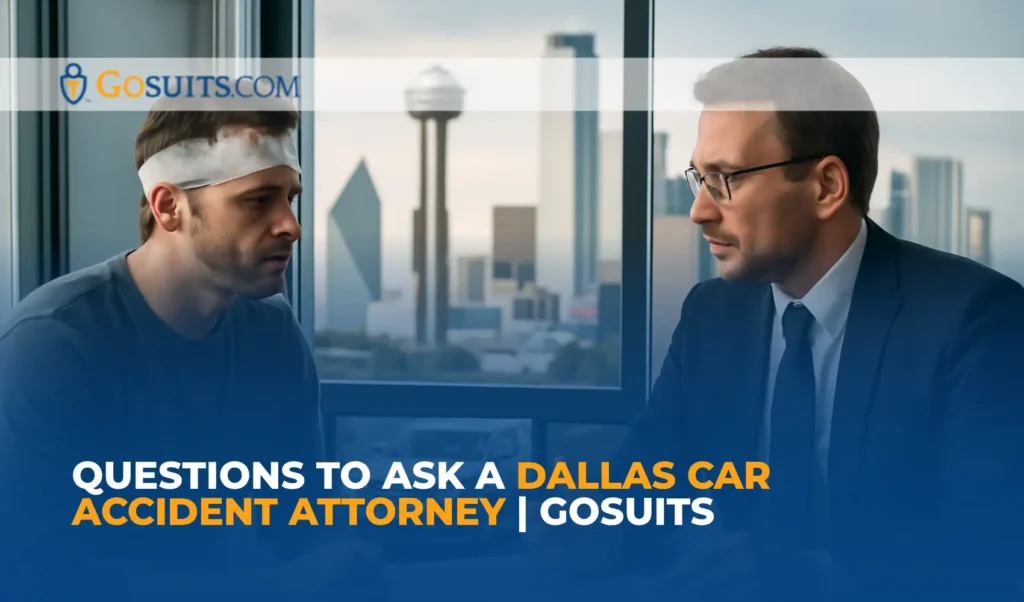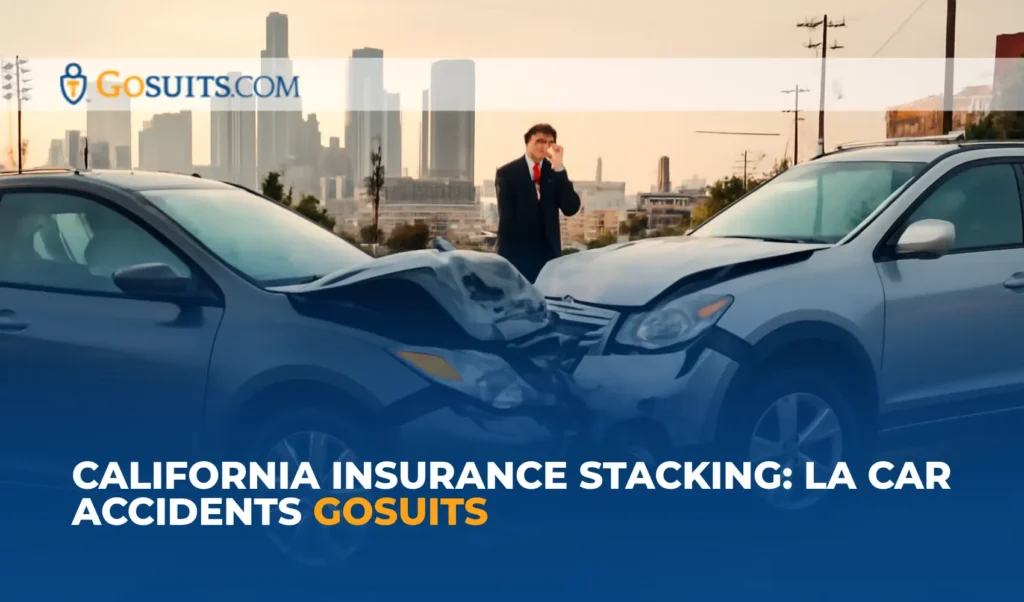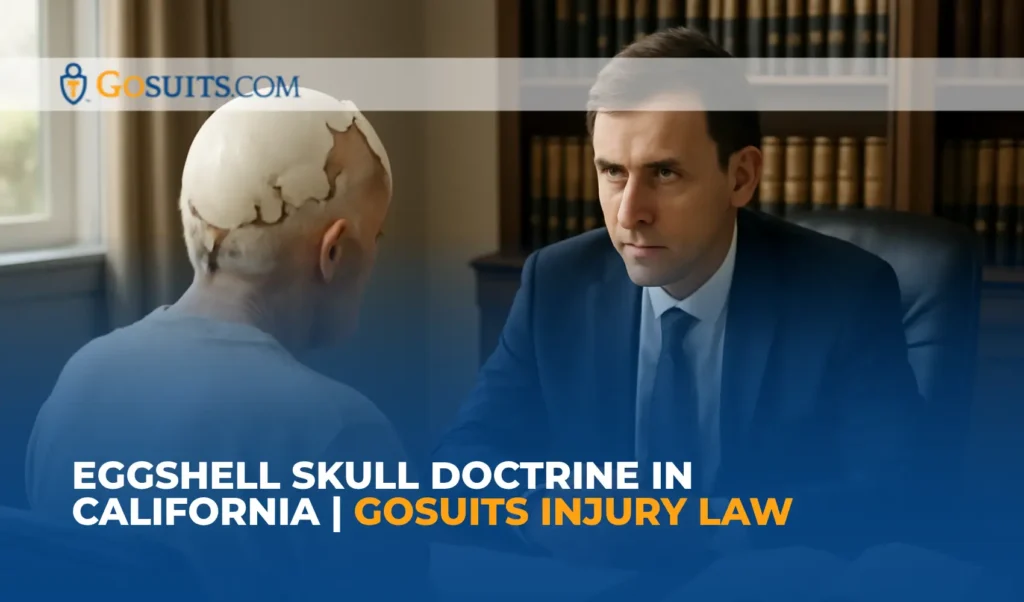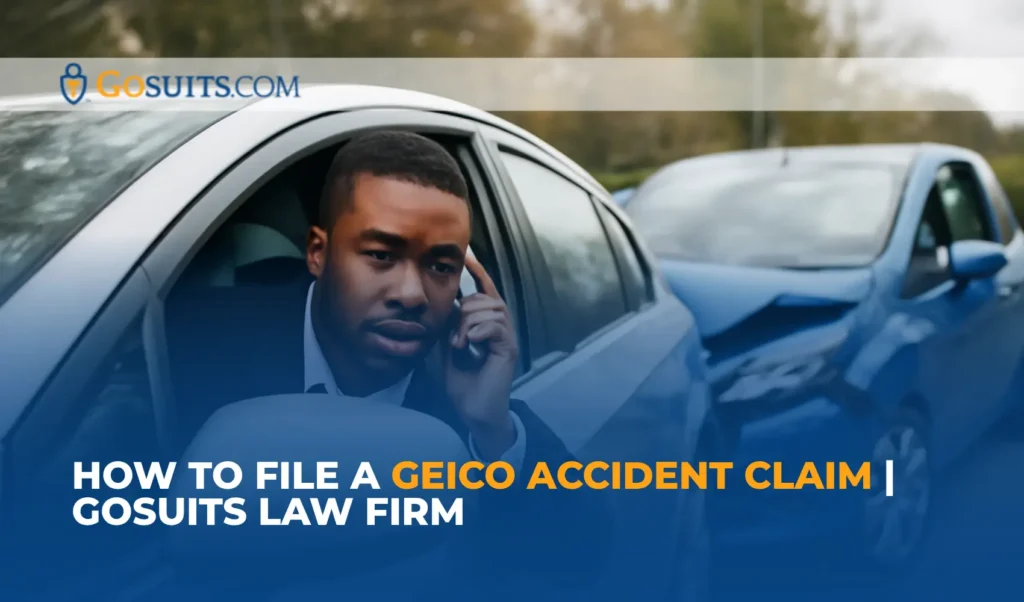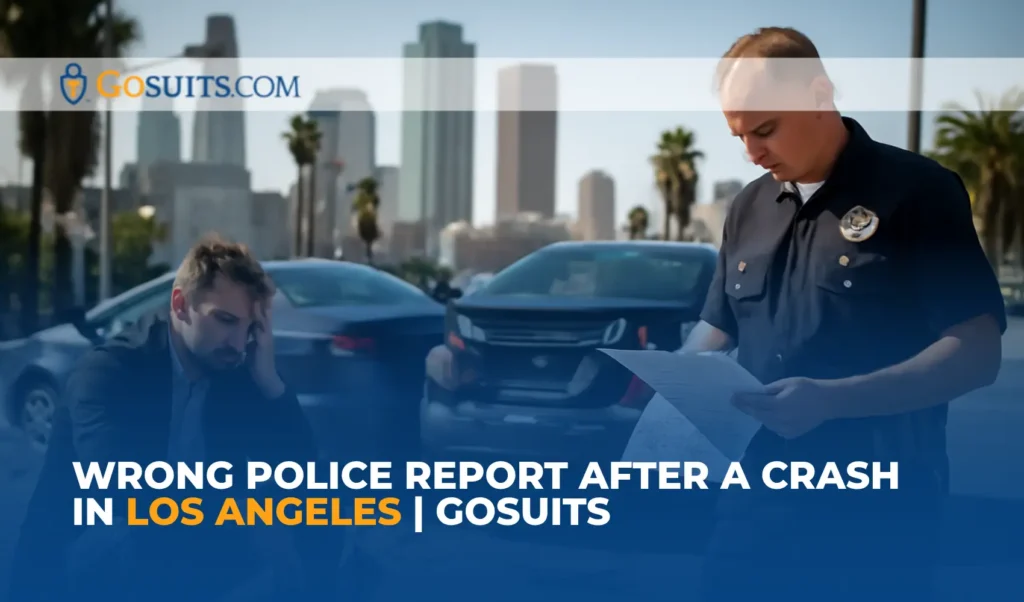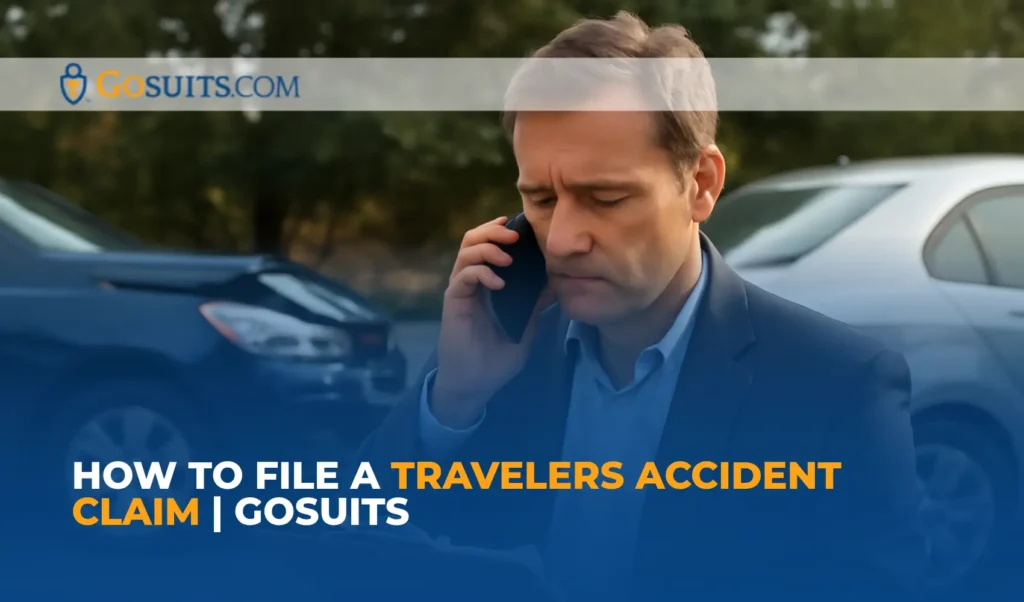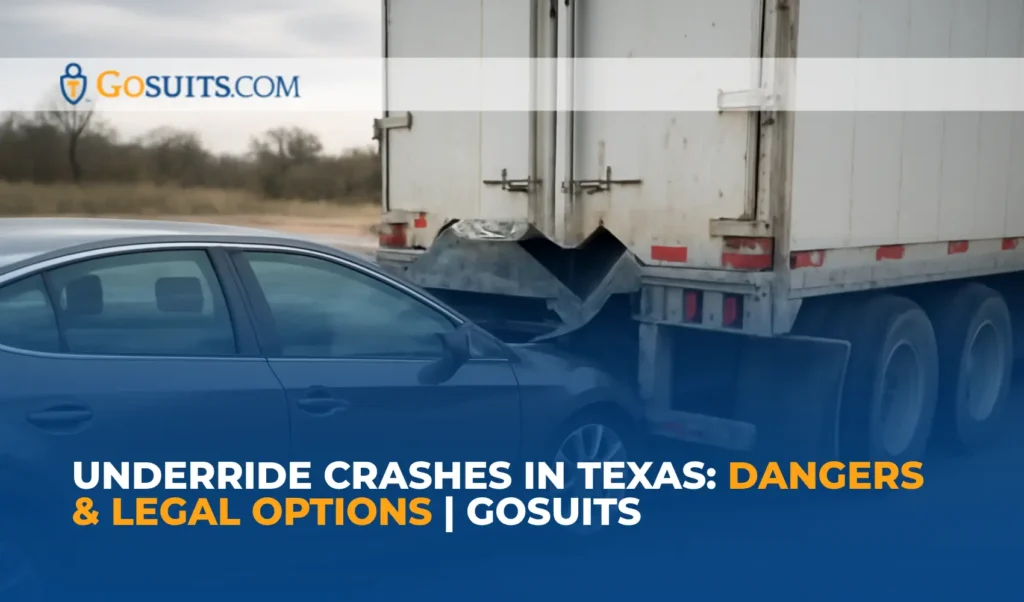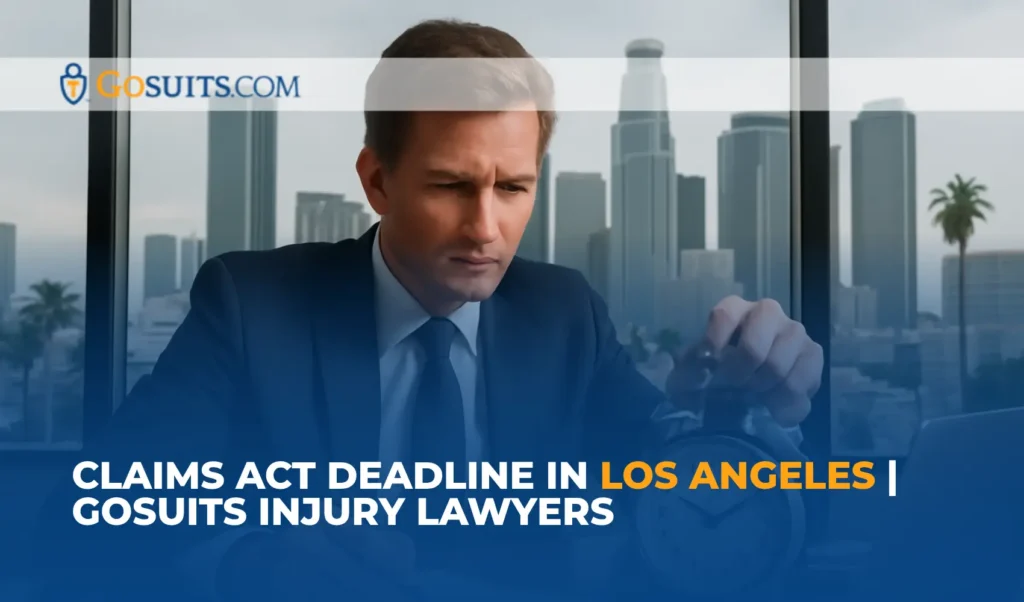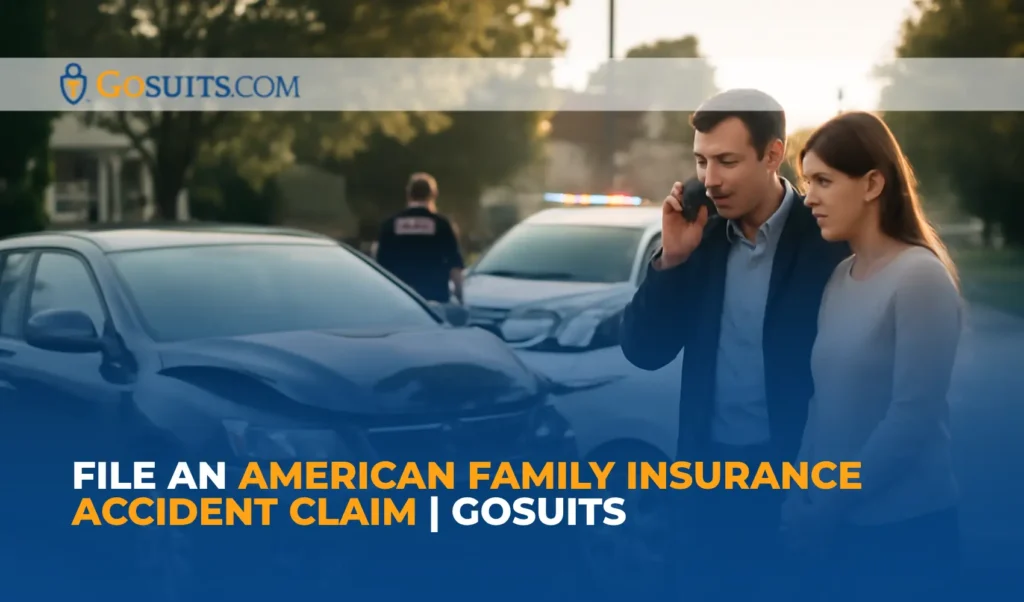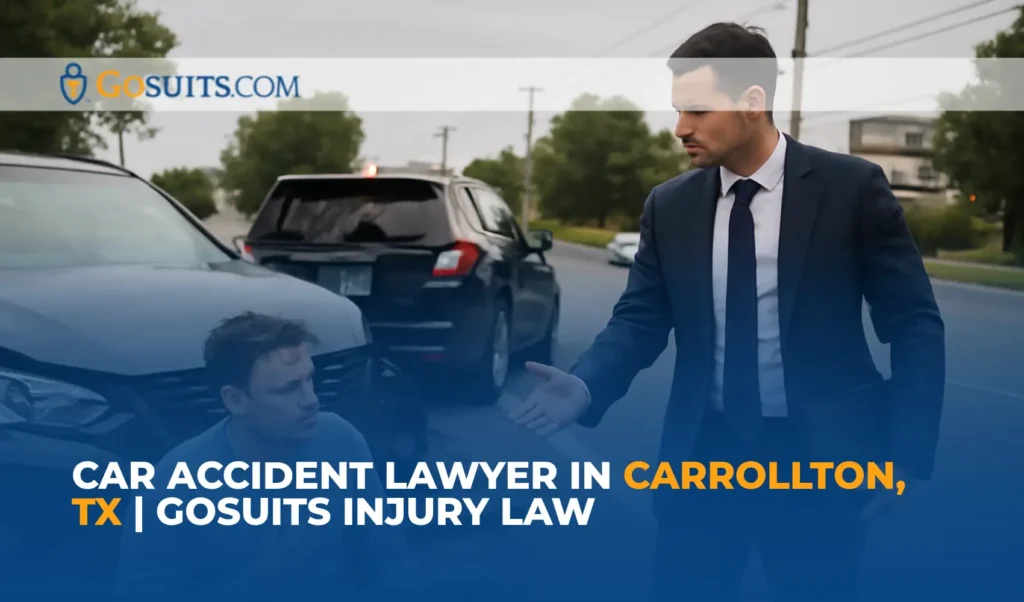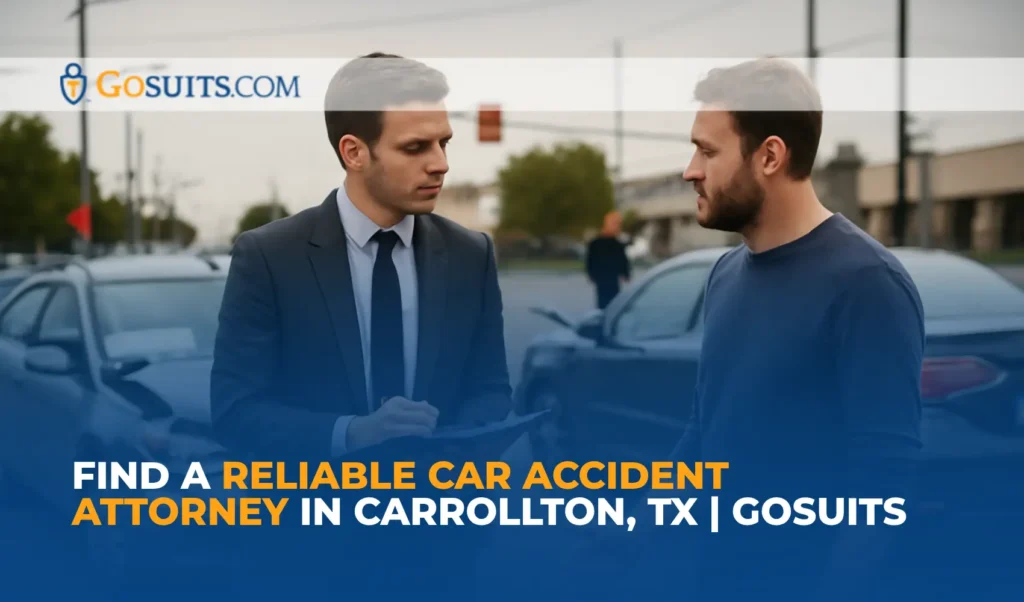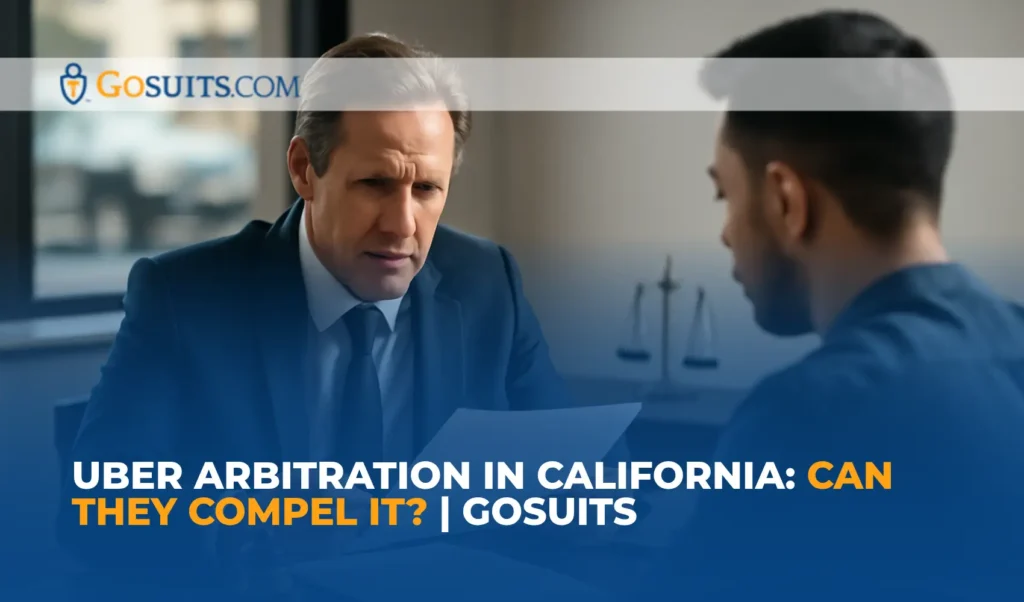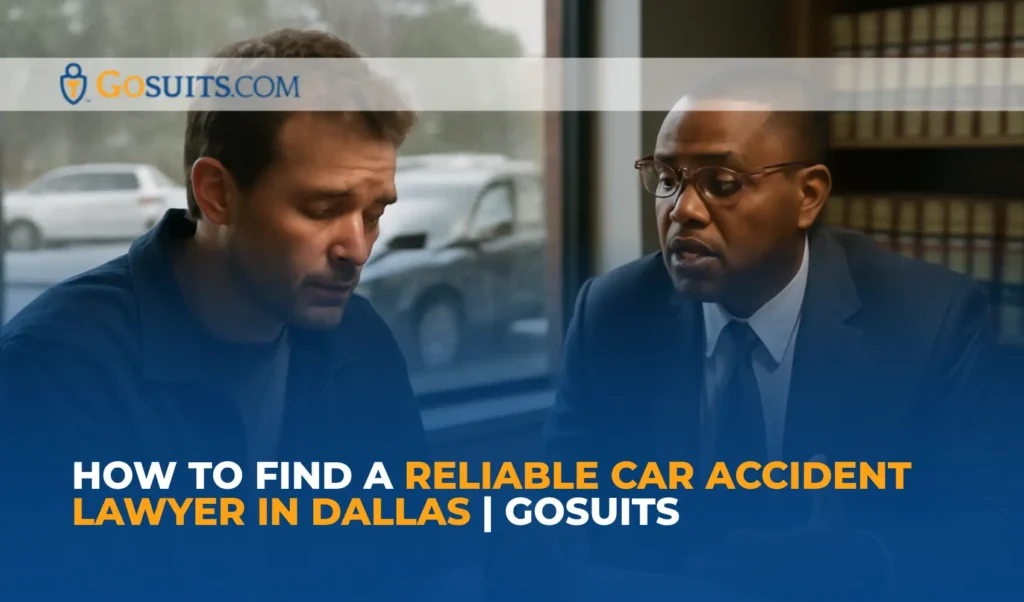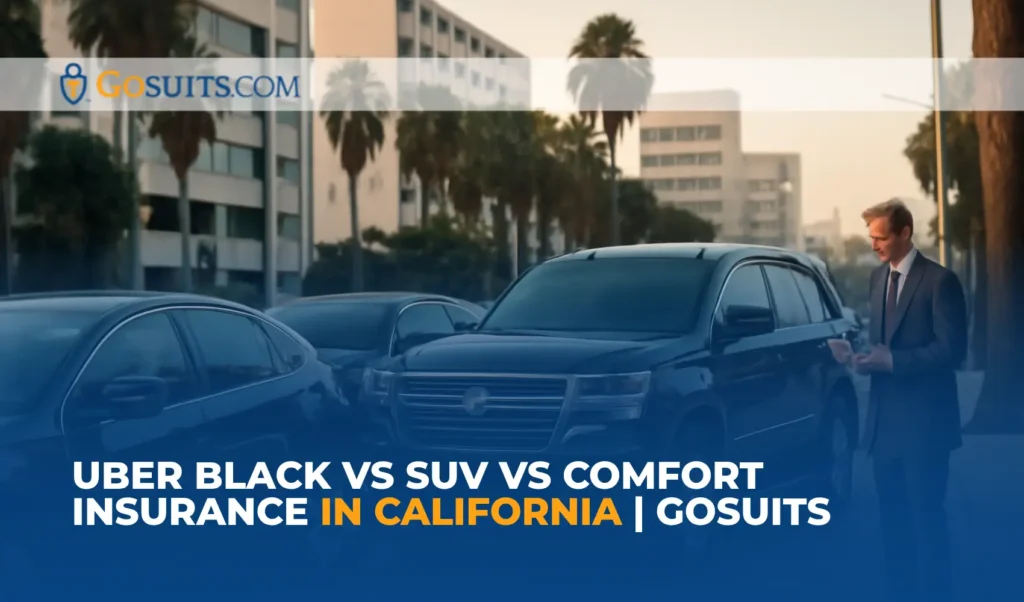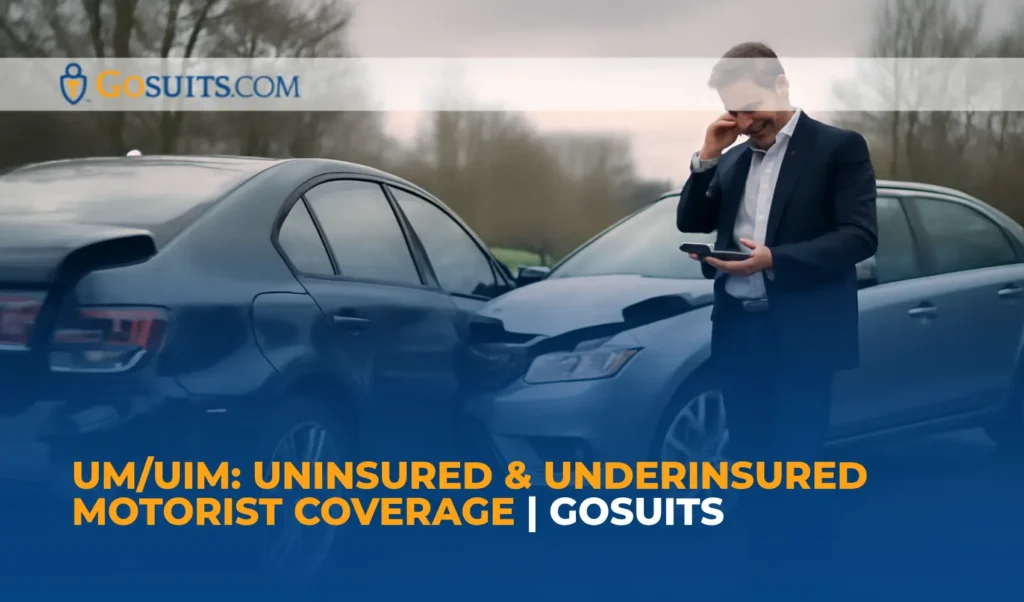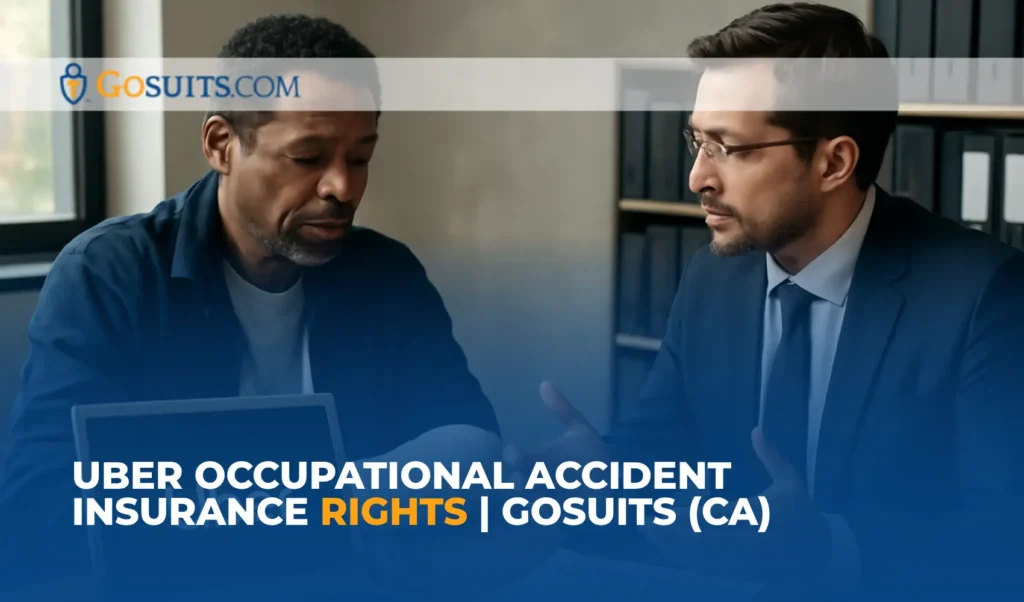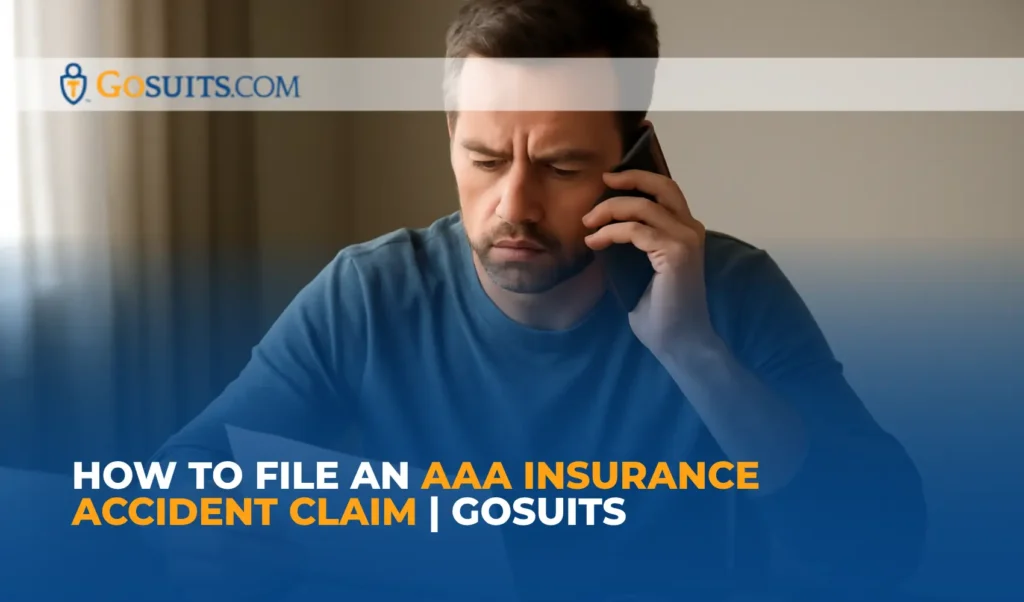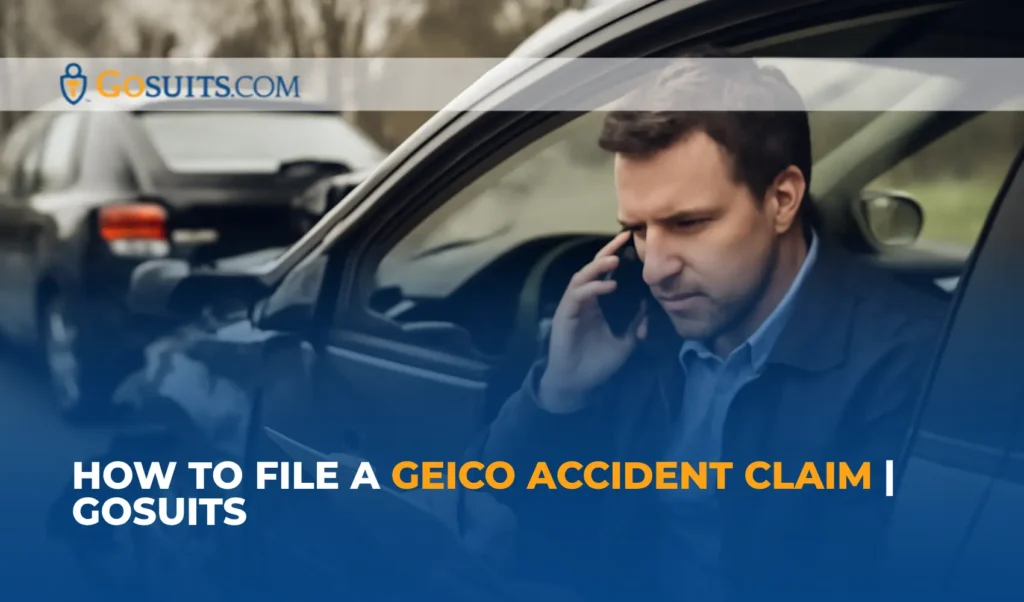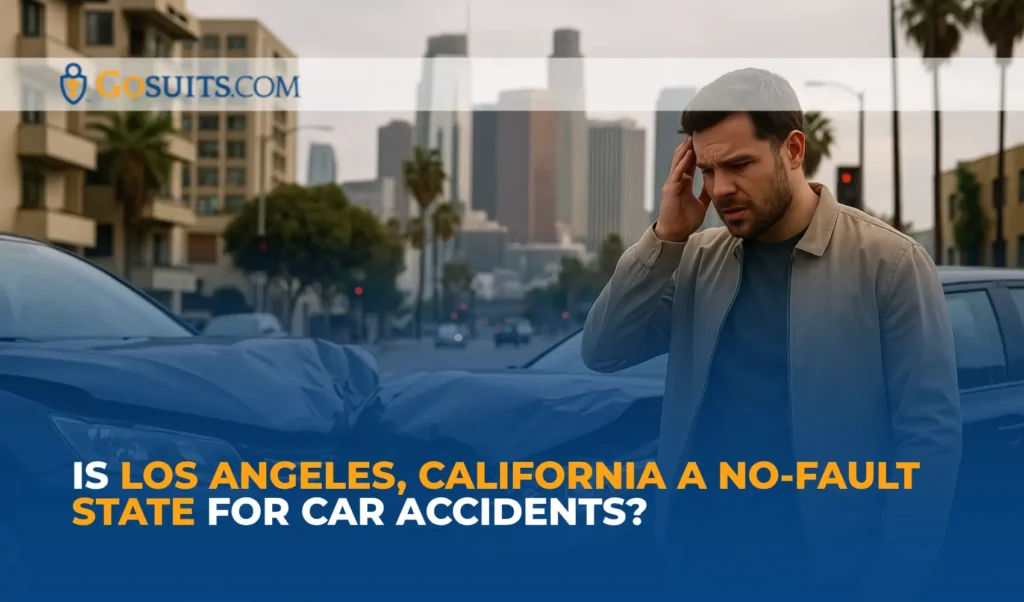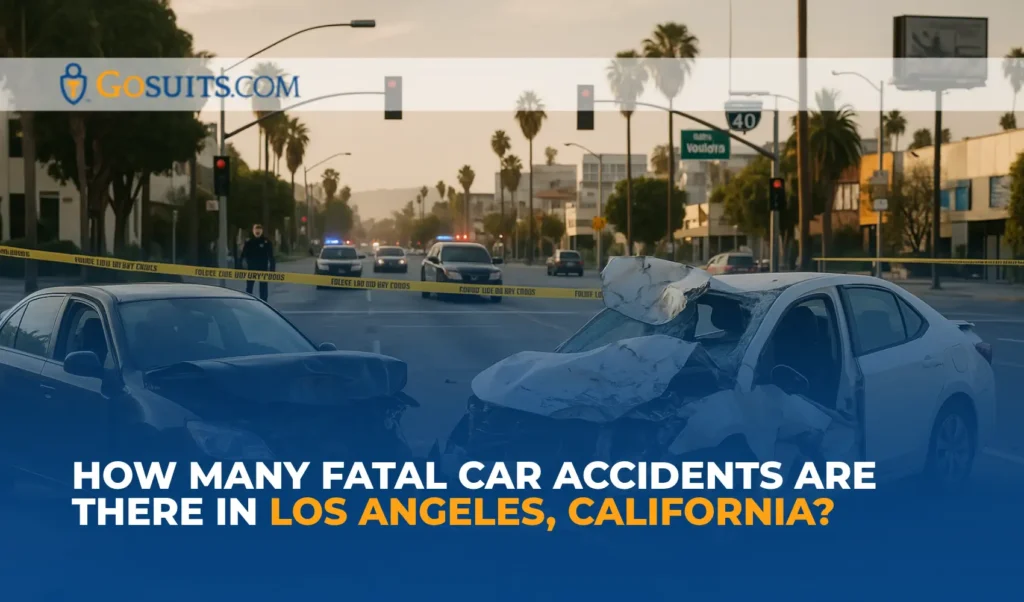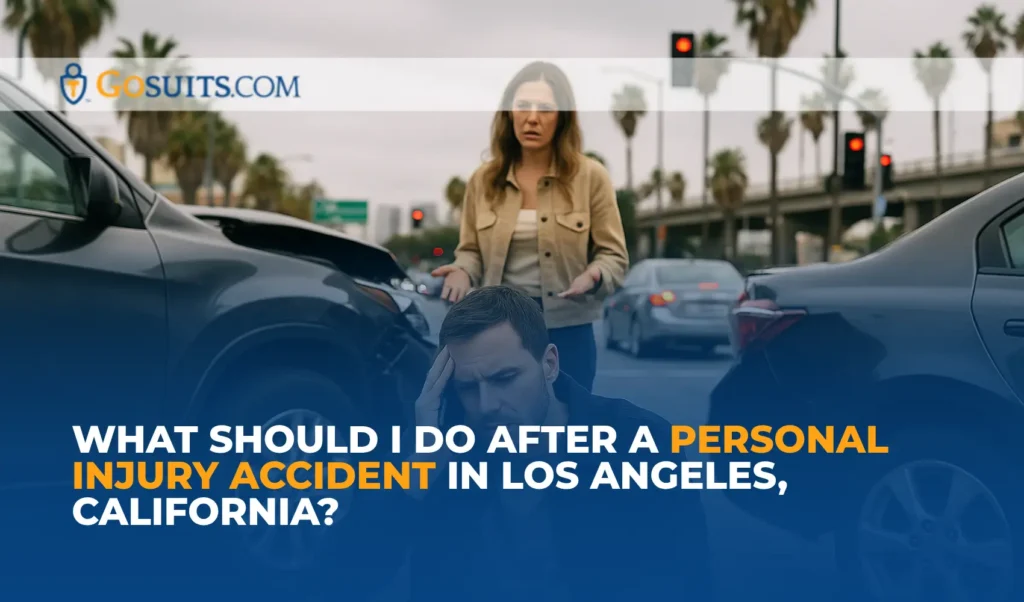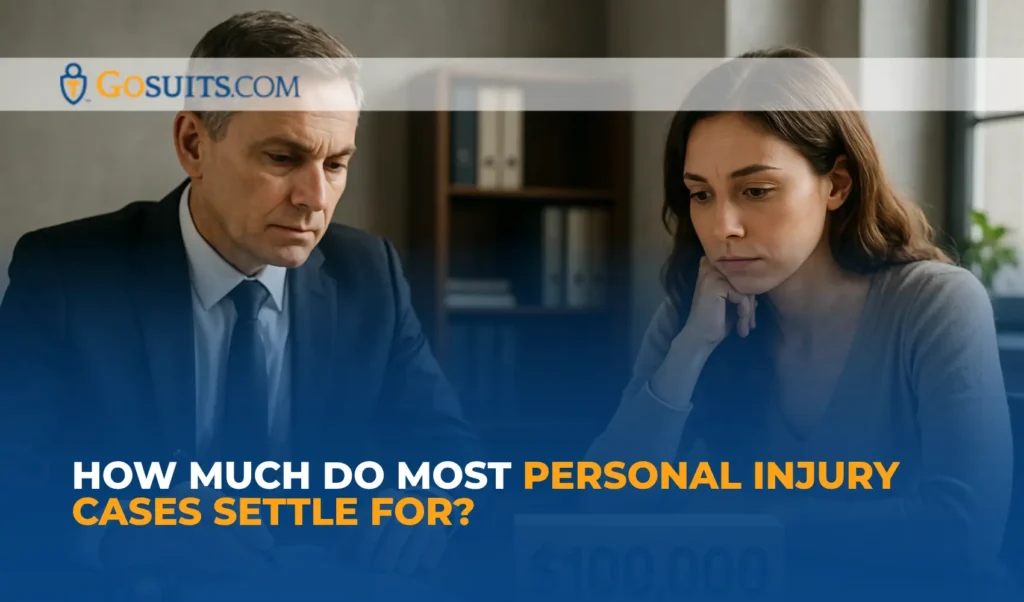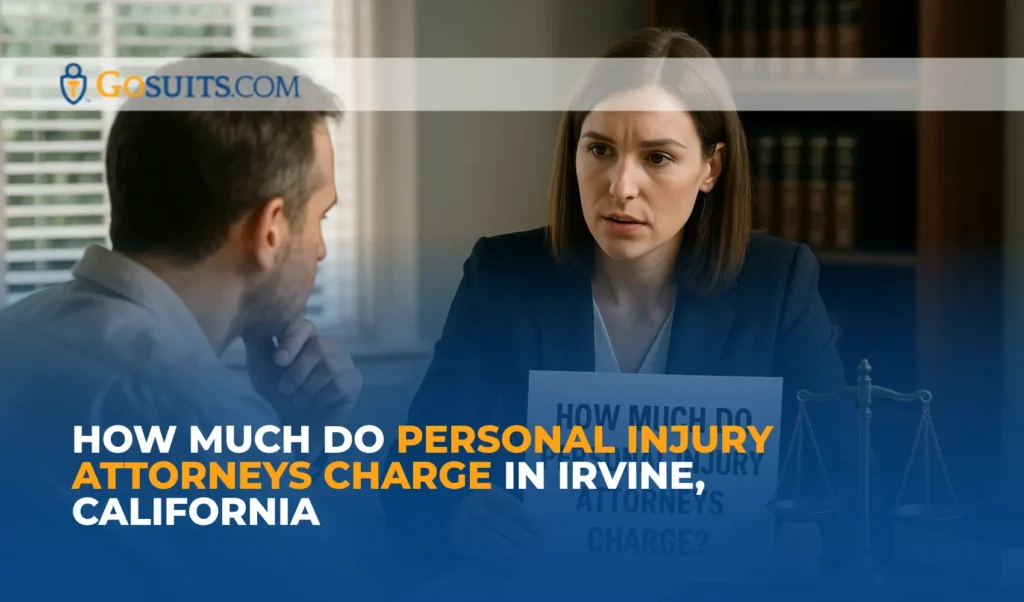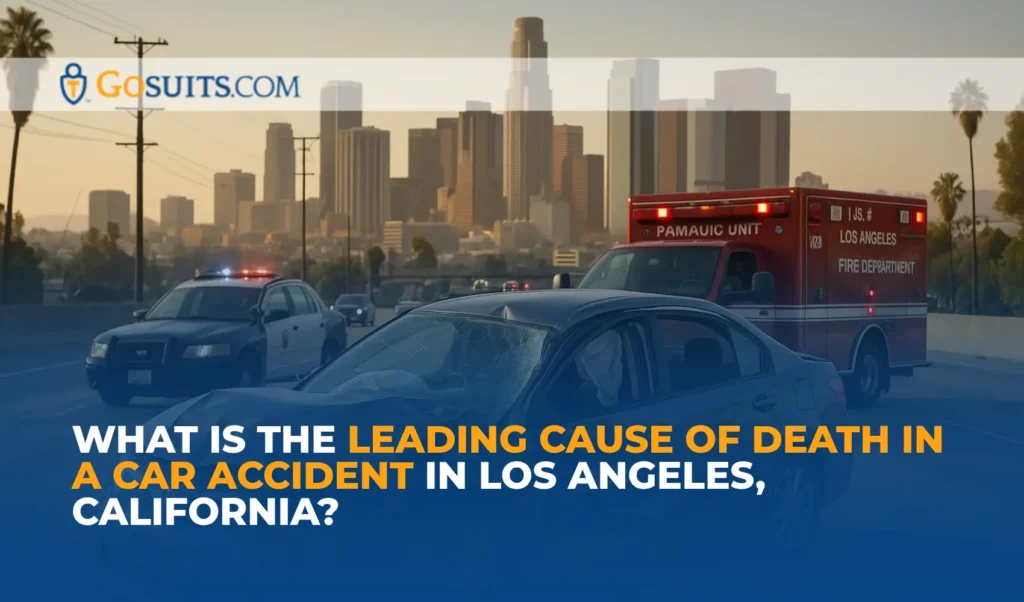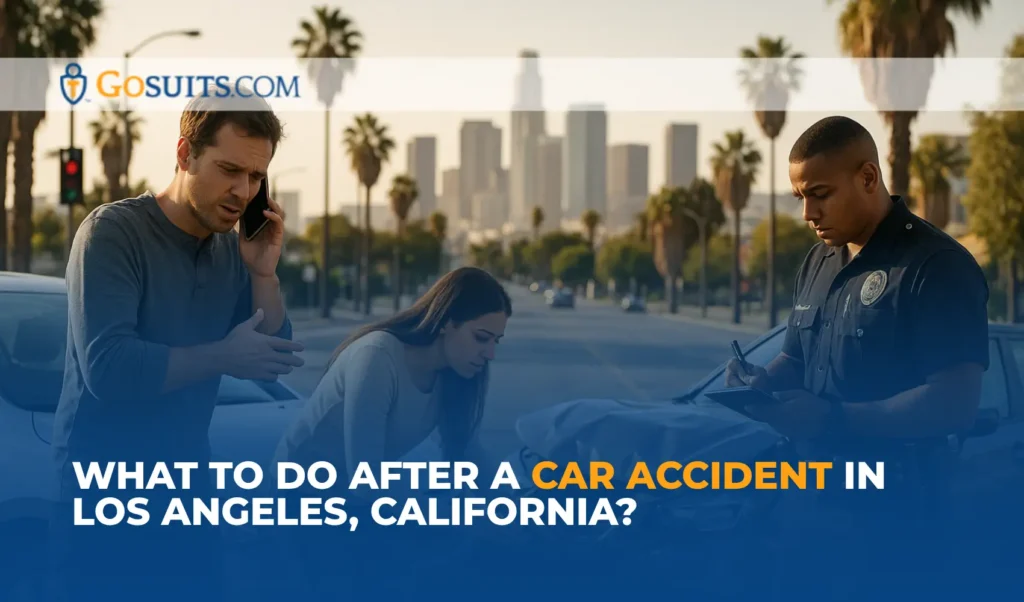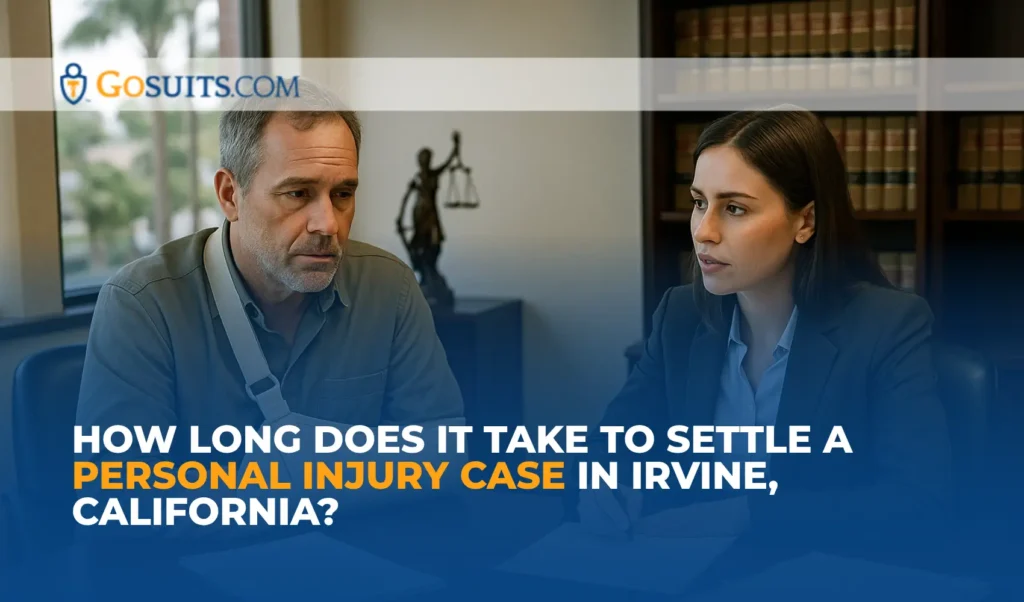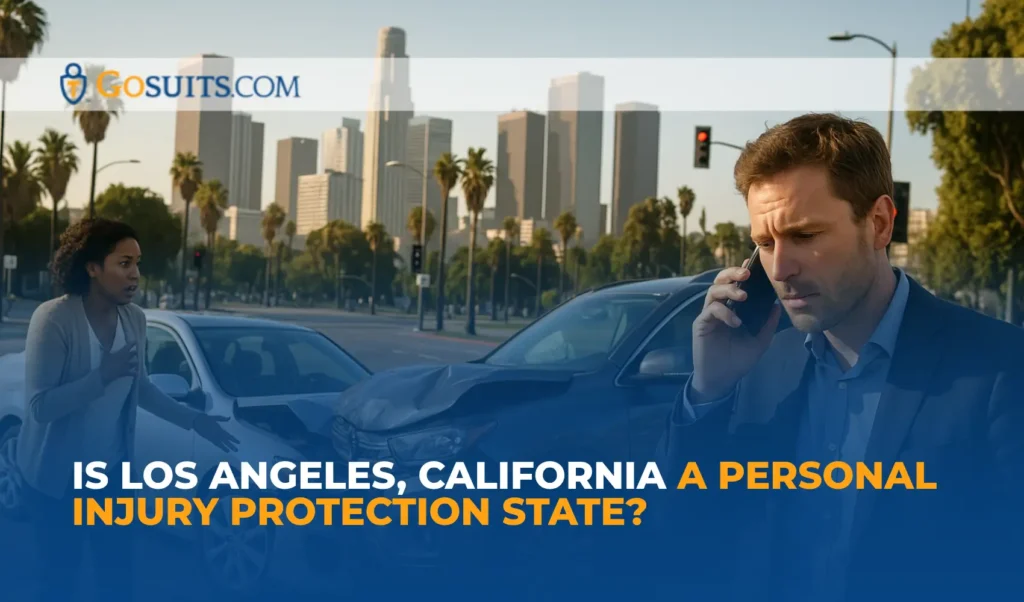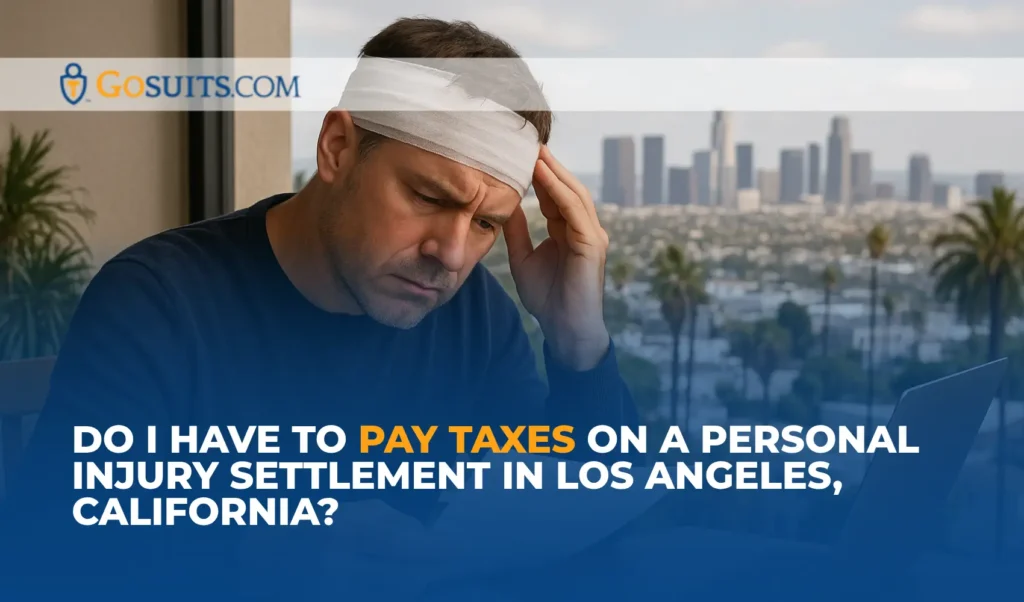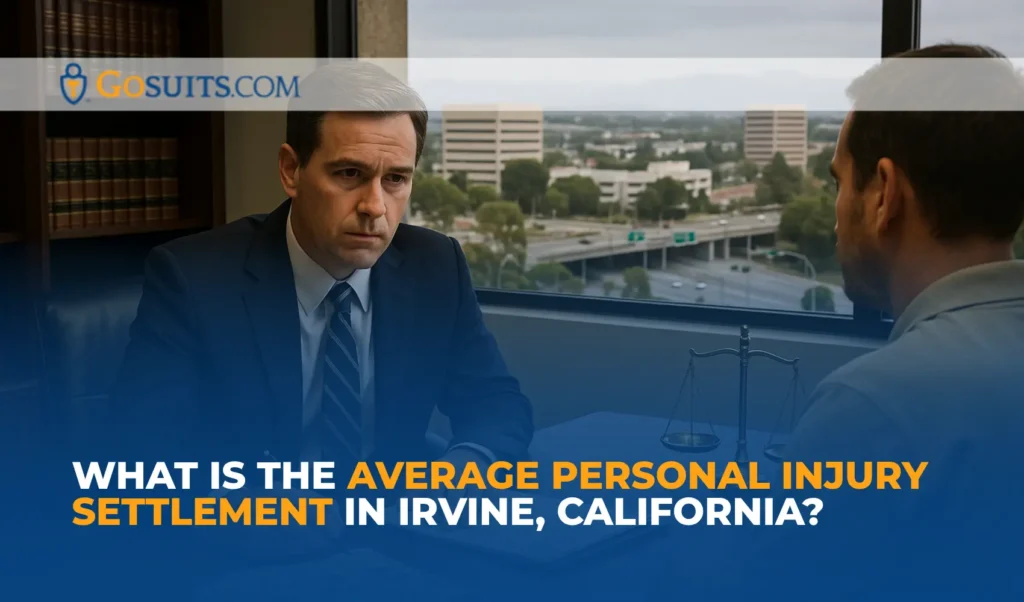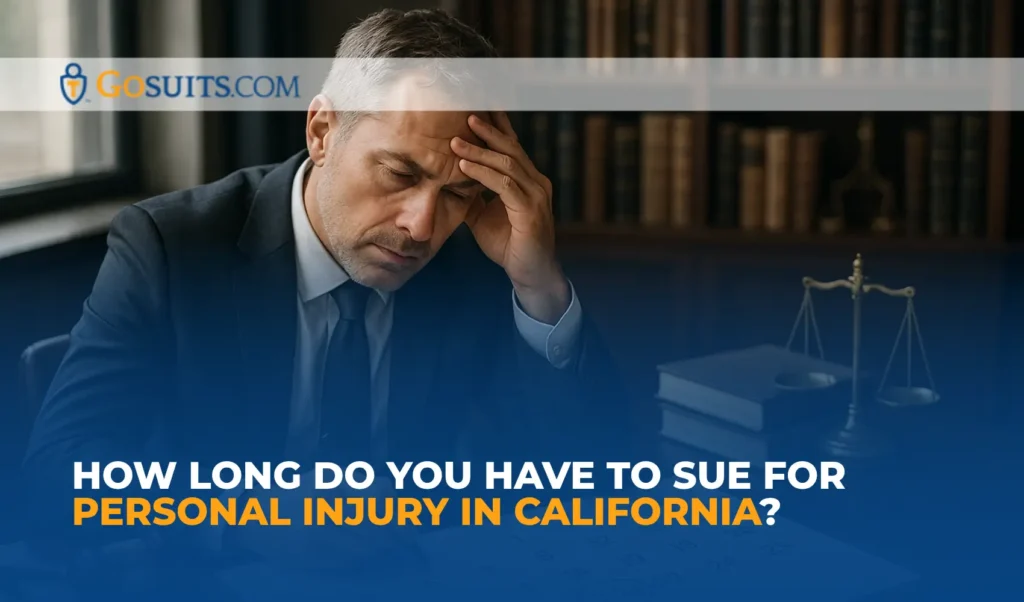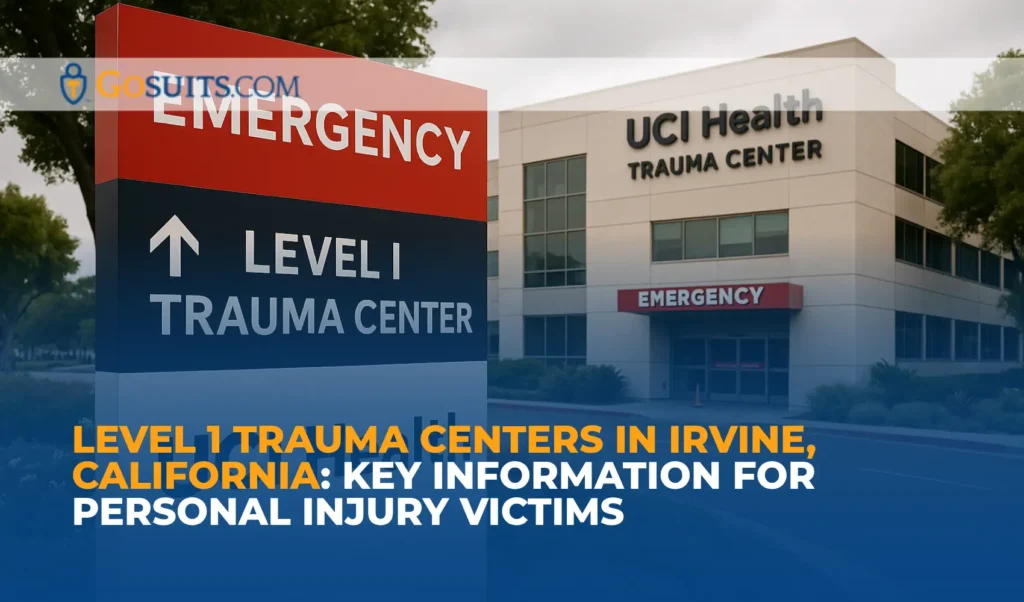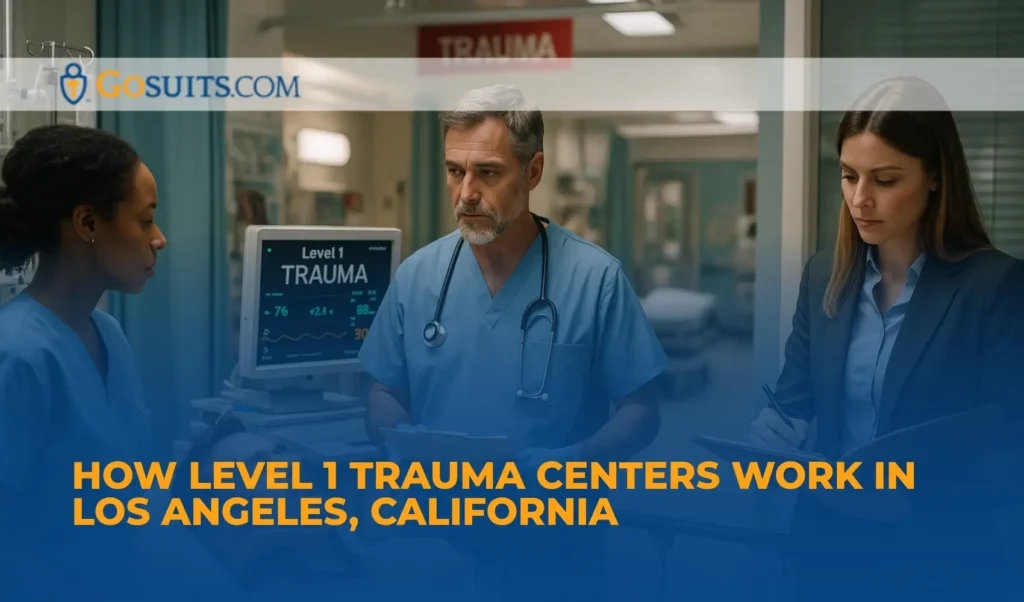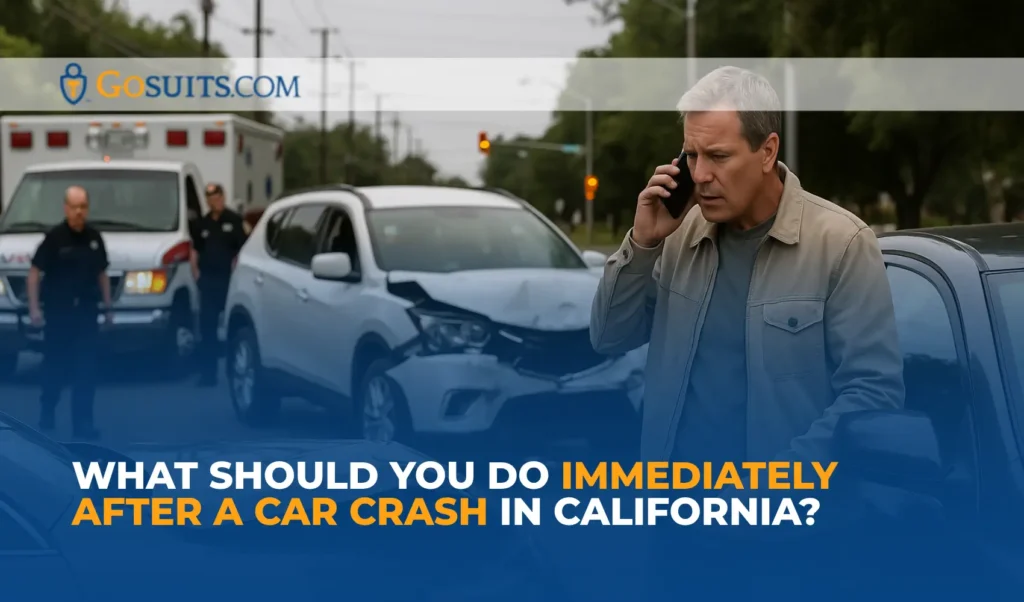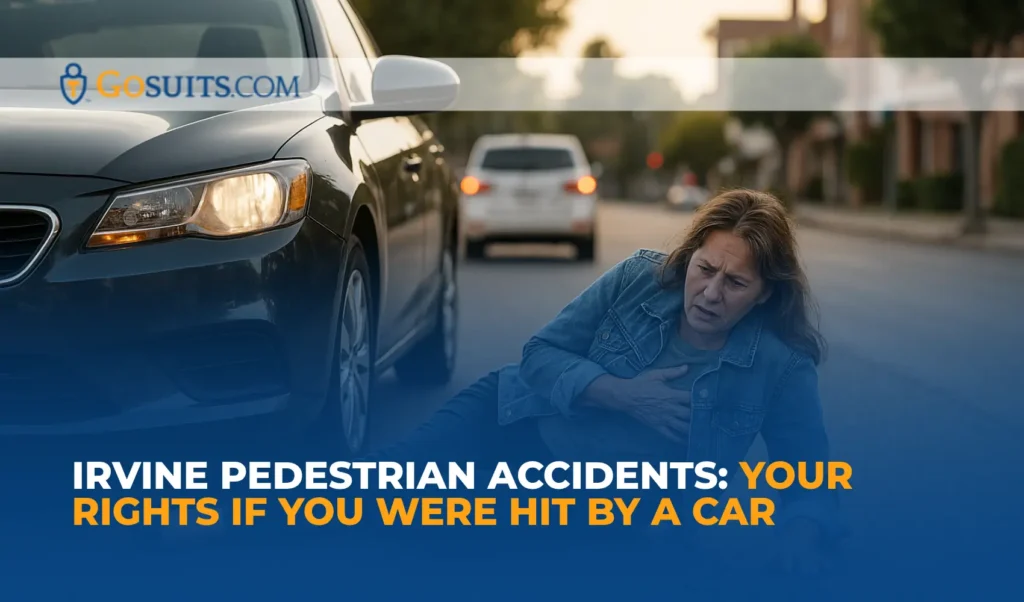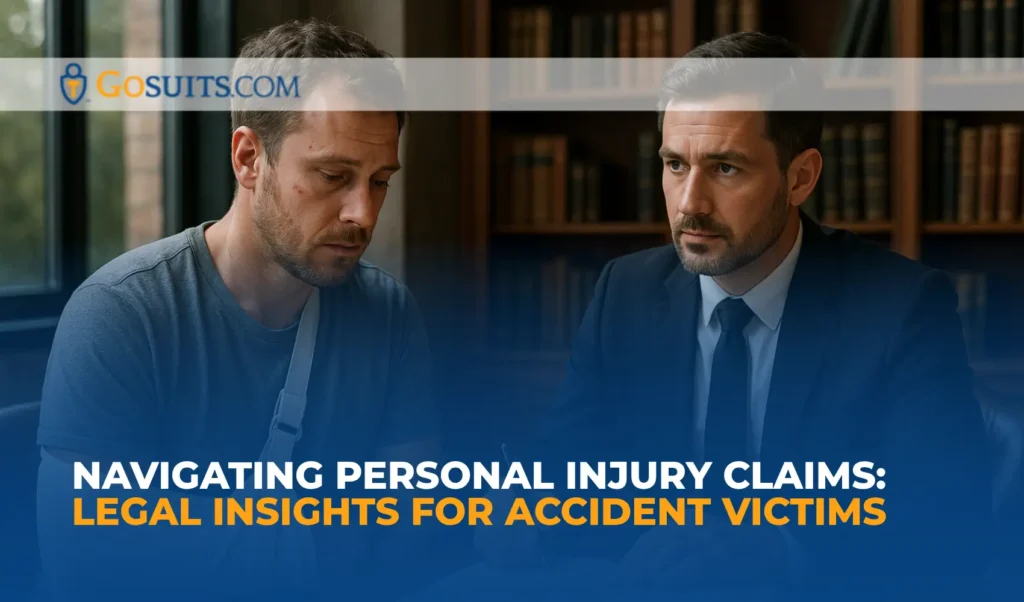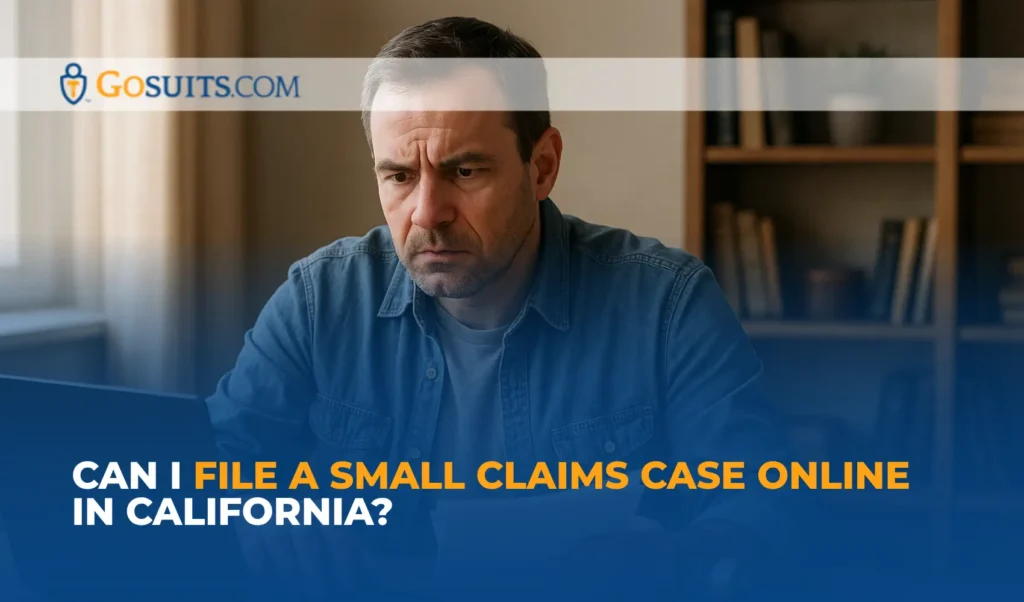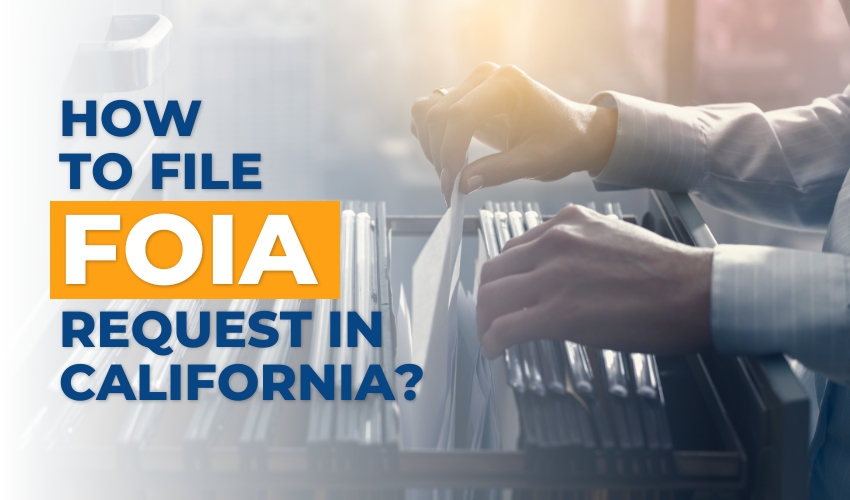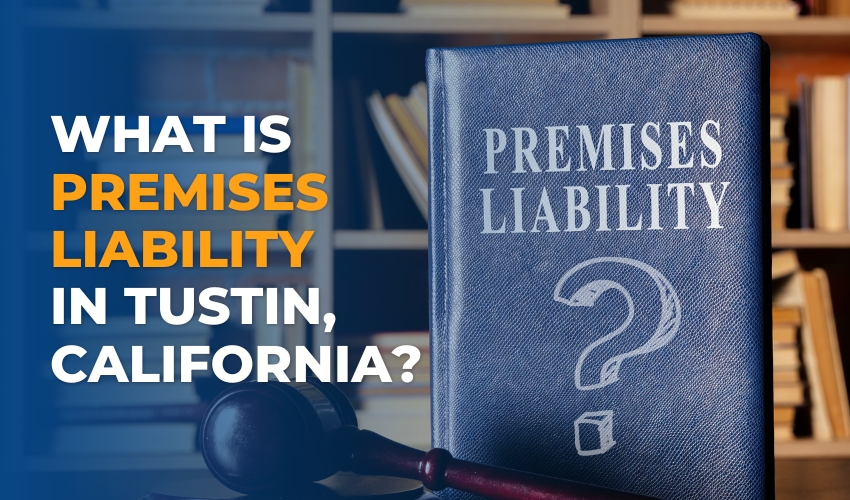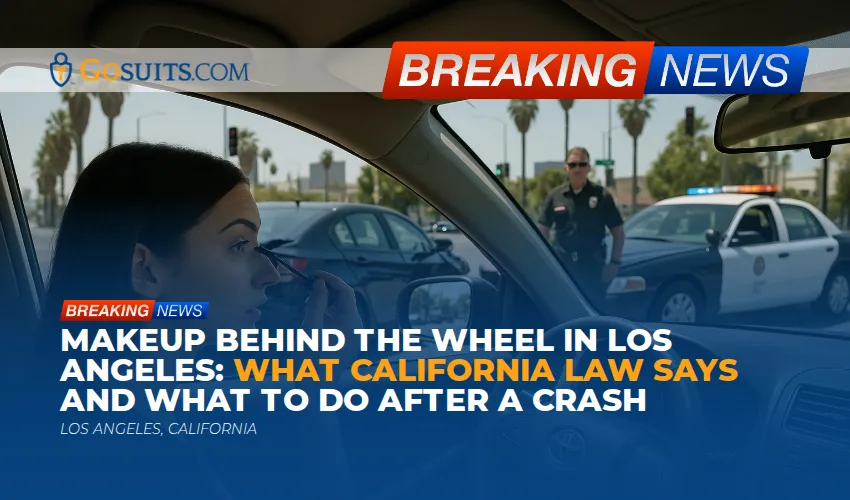
California Pedestrian Accident Lawyers
As one of the most populous states in the U.S. with over 39 million residents living across a land area of more than 160,000 square miles, California experiences a high volume of pedestrian traffic. With this high pedestrian activity comes the unfortunate reality of the increased risk of pedestrian accidents which represent a major public safety concern in the state.
In 2023, the California Statewide Integrated Traffic Records System reported a total of 3,331 fatalities and serious injuries (FSIs) due to pedestrian accidents, with an average of 3,449 FSIs over the past five years. The majority of the victims were from Los Angeles, which accounts for 1,086 FSIs or almost a third of the cases. This was followed by San Diego and Orange County with 223 and 201 reported FSIs respectively.
If you or your loved one recently experienced a pedestrian accident in California, we recommend that you seek the help of a pedestrian accident lawyer.
What Is A Pedestrian Injury?
Pedestrian injury includes severe injuries that a pedestrian sustains after they have been hit by a vehicle due to the driver’s negligence on the road. This may include the loss of ability to speak, move, hear, loss of limbs, quadriplegia, or even death. These injuries are unexpected and often life-altering, particularly when you consider how a pedestrian has no means to defend himself against the sheer force and high impact of an oncoming vehicle.
Some of the most common pedestrian injuries include:
- Road rash
- Broken or fractured bones
- Torn Ligaments
- Nerve Damage
- Spinal Injuries
- Brain Damage
- Paralysis
What Causes Pedestrian Accidents?
Per California’s Vehicle Code § 21950, drivers must yield to pedestrians crossing a road within any marked crosswalk or unmarked crosswalk at an intersection. This rule ensures the safety of pedestrians who are particularly vulnerable on the roads. Despite this, accidents can still occur due to:
- Distracted Driving
- Driving Under The Influence
- Failure To Yield
- Speeding
- Disregarding Traffic Laws
Do I Need The Help Of An Attorney Following A Pedestrian Accident In California?
While you are not required to hire a California pedestrian accident lawyer after a pedestrian accident, we recommend that you do so. More often than not, pedestrians receive more severe injuries than the at-fault party due to their vulnerability on the road. This is because they do not have any form of protection like helmets or gear.
What Should I Do After A Pedestrian Accident In California?
Following a pedestrian accident, there are steps you can take to increase your chances of receiving compensation for a pedestrian accident claim. These steps can help you, your insurance company, and your lawyer deal with the legal process in the aftermath of such incidents.
Check Yourself For Injuries
After a pedestrian accident, you should do a self-assessment for any injuries you might have sustained. You should prioritize yourself because it is only when you’re safe that can you help other people. Once you’ve checked yourself, look around and check on other people as well. Take note of the severity of the injuries that the victims sustained due to the incident.
Call 911 And Move To A Safer Location
After assessing the situation, call 911 so that a team will be dispatched to the area. Ask for emergency services as well to help assess the victims because some injuries may not be apparent and onset of symptoms may be delayed. Once the proper authorities have been notified, you should move to a safer location to make sure that you do not end up hurting yourself even more due to secondary accidents that may occur.
Gather Evidence
Talk to other victims and collect witness accounts if you can. Take note of the place, date, and time of the accident. Take as many photos as you can, including the vehicles that caused the accident, the extent of injury that you’ve sustained, the property damage the accident may have caused, etc. Providing documentation to your pedestrian accident attorney can help increase your chances of receiving compensation once you file a claim.
Seek Medical Attention
Try not to delay medical care. If you think you are injured, it may be a good idea to proceed to the nearest emergency room or urgent care center, depending on the severity of your injuries. They will help assess the extent of your injury and give prompt treatment to prevent it from getting worse. Ask for the medical evaluation of these providers. These medical evaluations can play an important role in your personal injury claim and negotiations with the insurance company. This initial consultation with a medical provider can assess injuries that may have delayed onset symptoms, such as whiplash and internal bleeding.
Contact A California Pedestrian Accident Attorney
A California pedestrian accident lawyer can explain your legal rights, guide you through the claims process, and pursue compensation for your injuries and damages. They can communicate with insurance companies and advocate for your best interests, from negotiating a settlement to representing you in court, if necessary.
What Is The Statute Of Limitations For Pedestrian Accident Claims?
The statute of limitations for pedestrian accidents is two years from the date of the accident. This means that you have two years from the date of your injuries to bring a lawsuit or else you will be most likely barred from filing a suit. If you want to sue a public entity for your personal injuries, the California Tort Claims Act requires that you file your claim within 6 months from the date of the incident. Our Gosuits pedestrian accident attorneys can help you promptly file your case to meet these guidelines.

